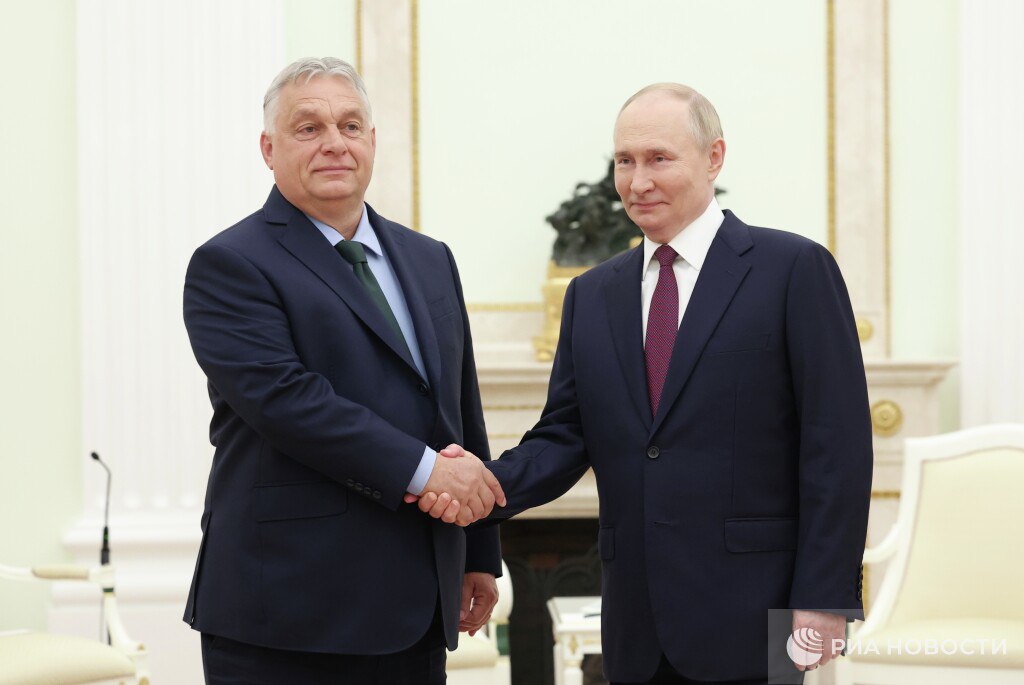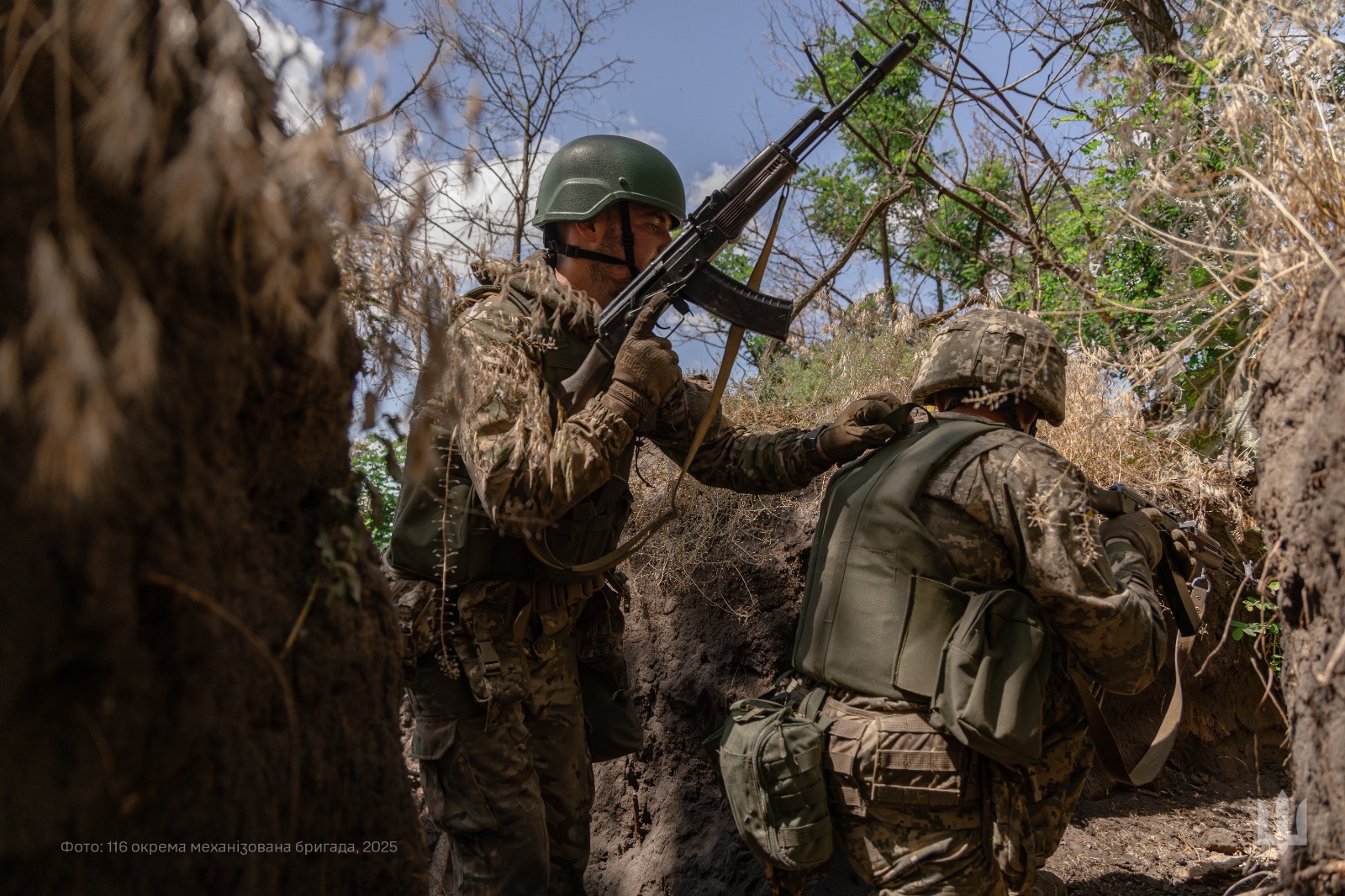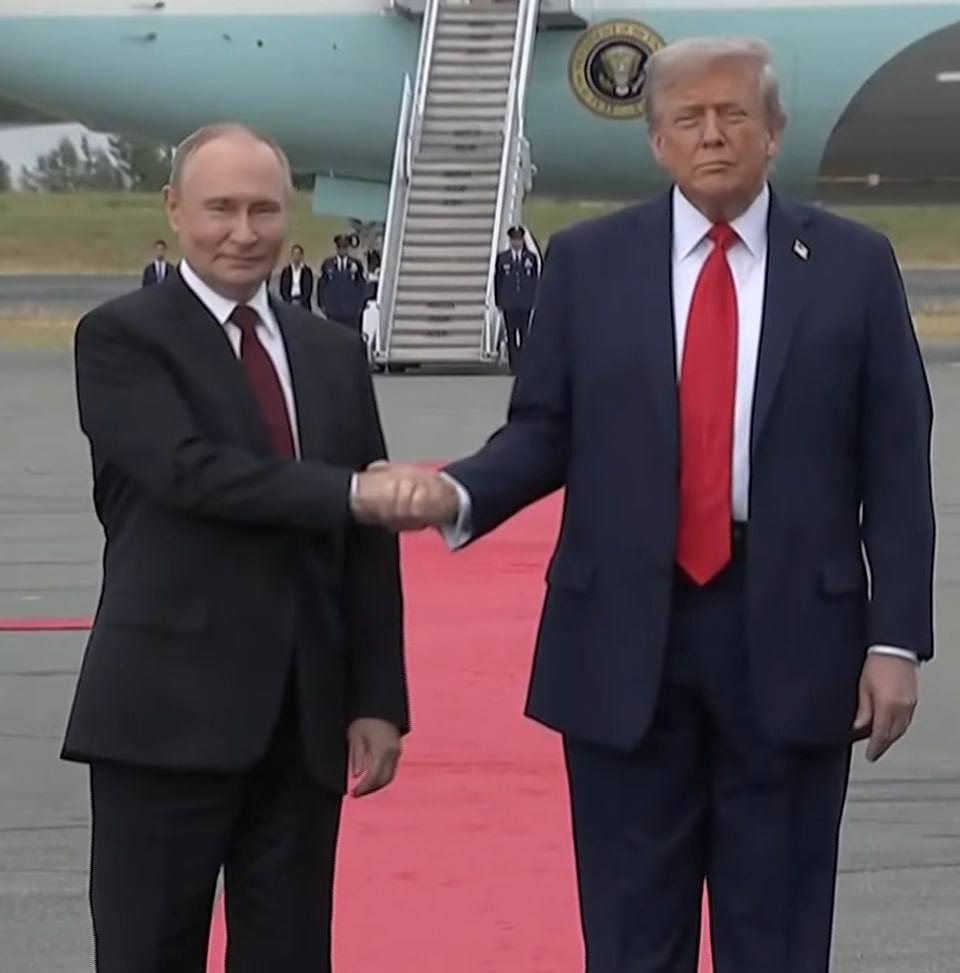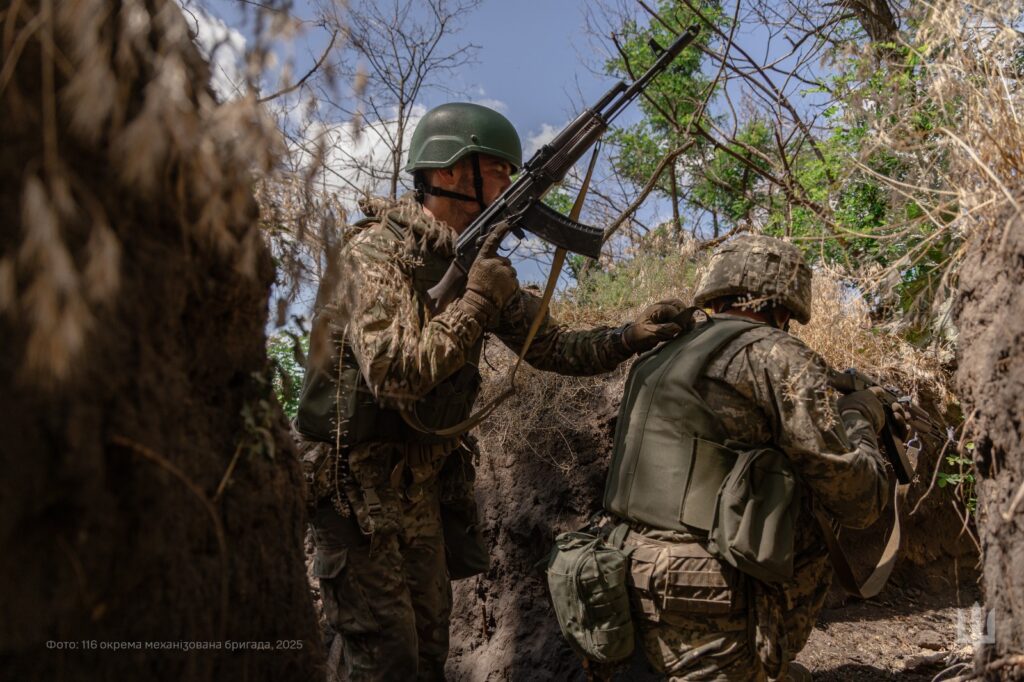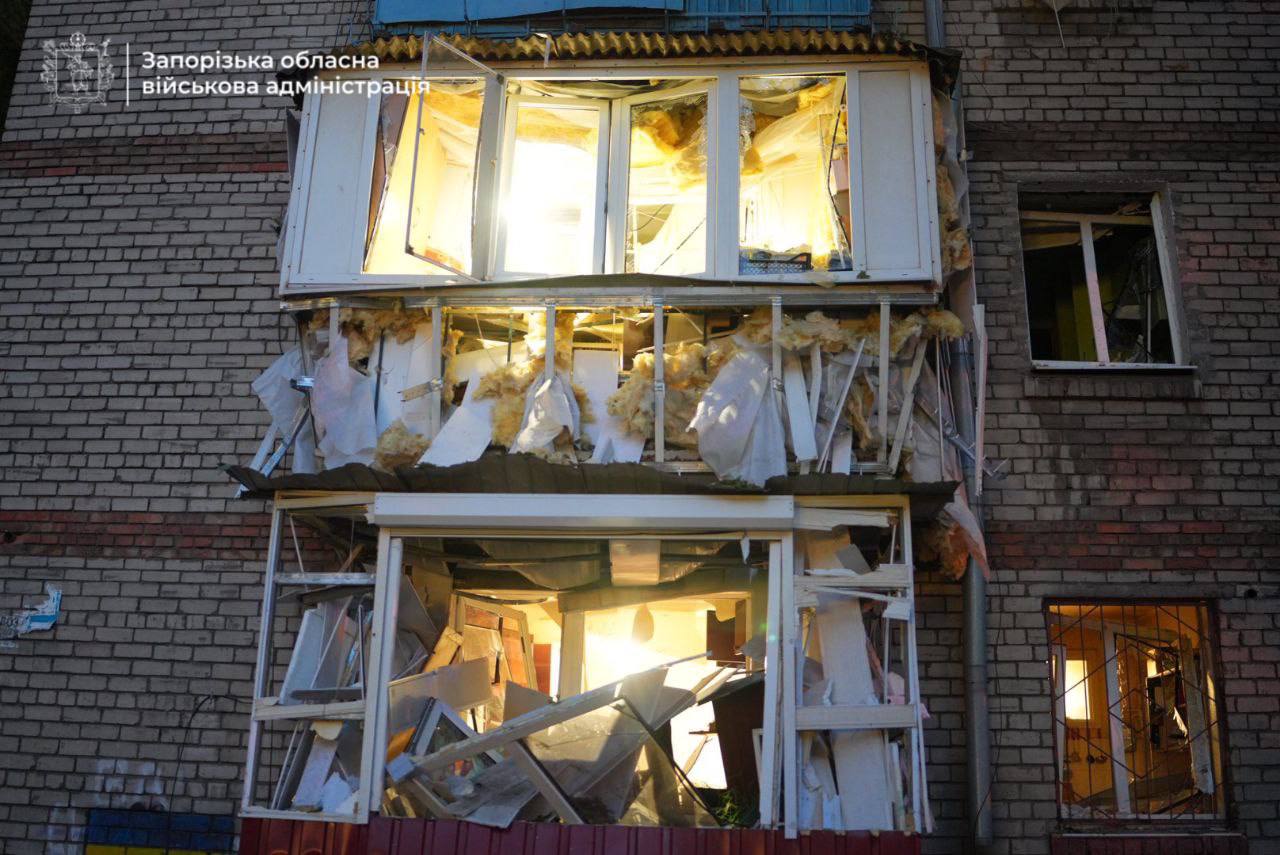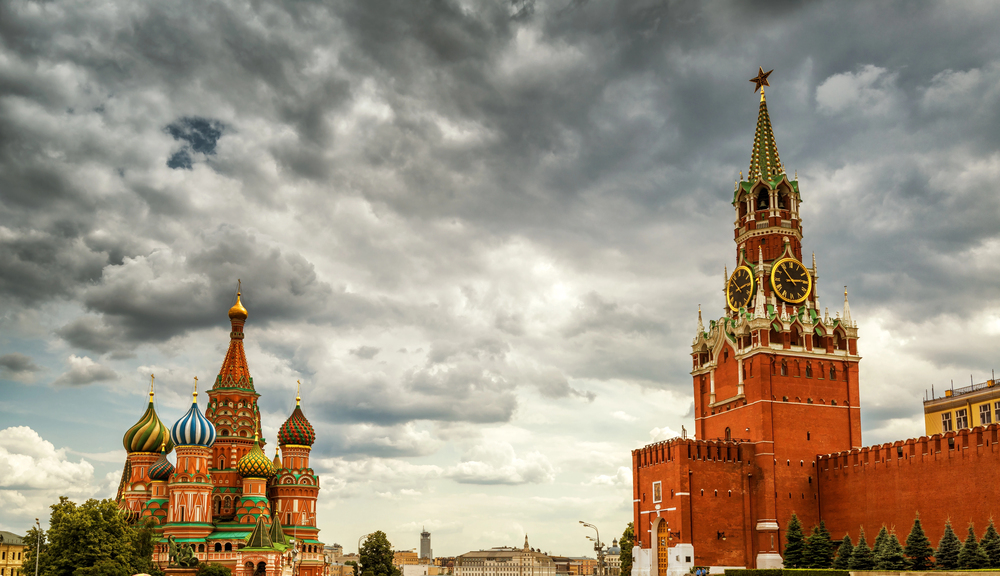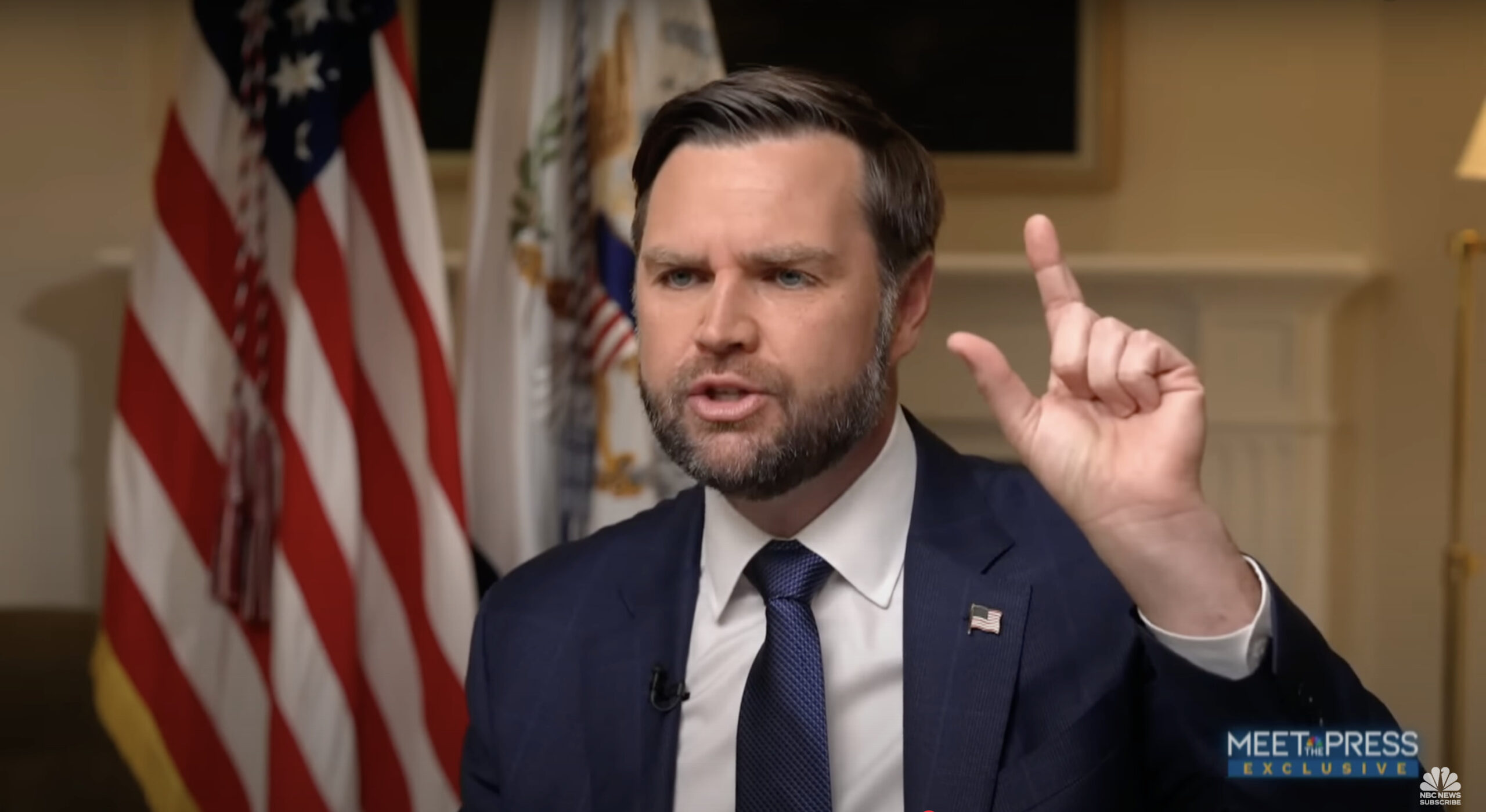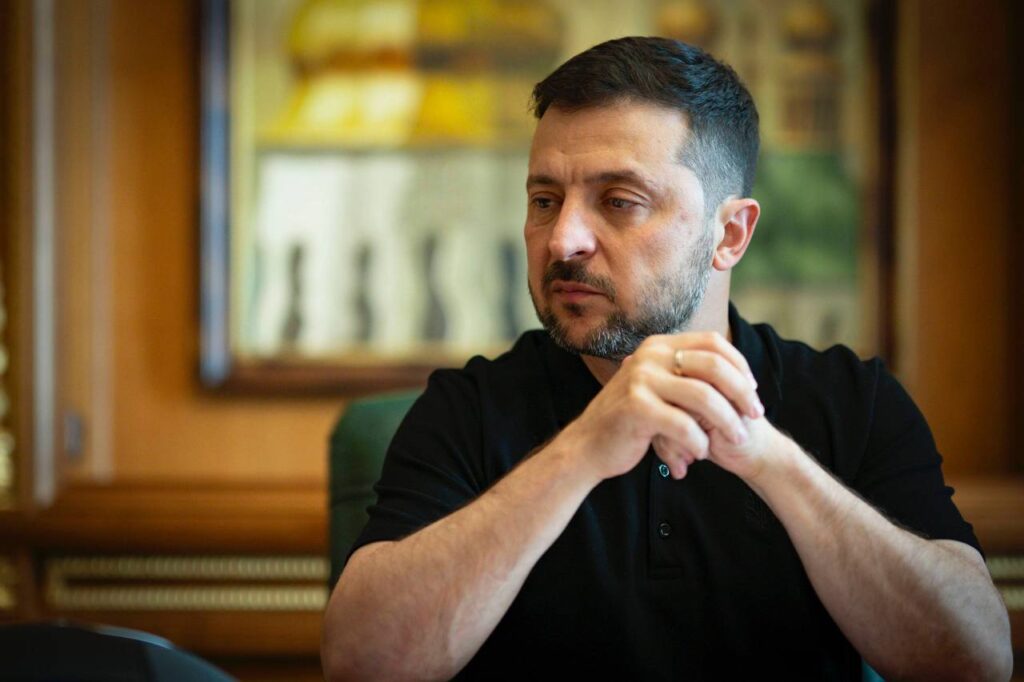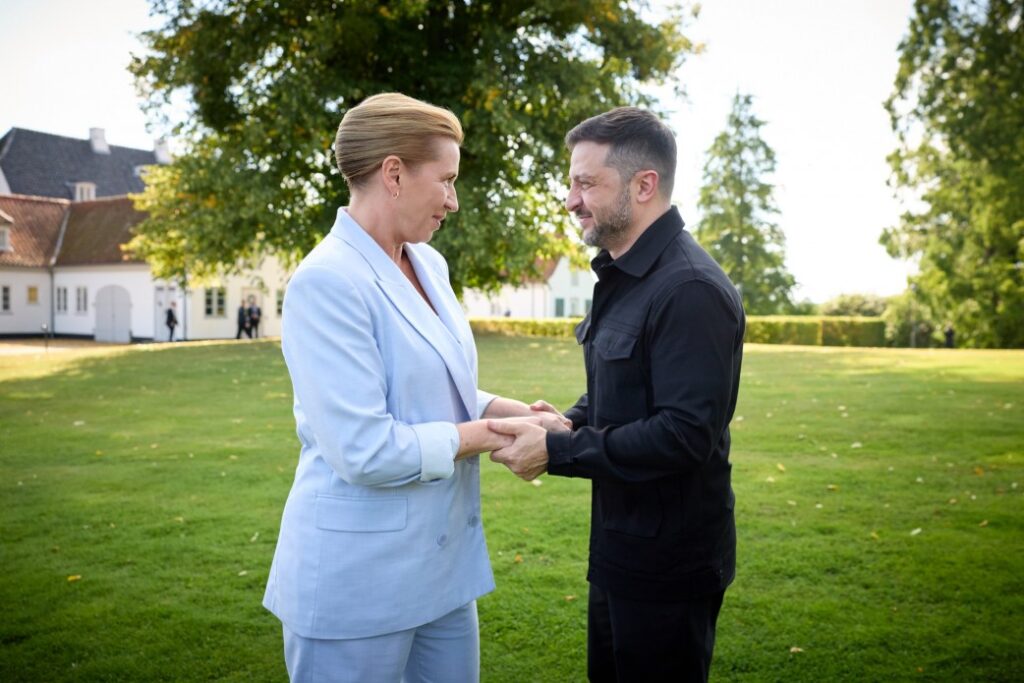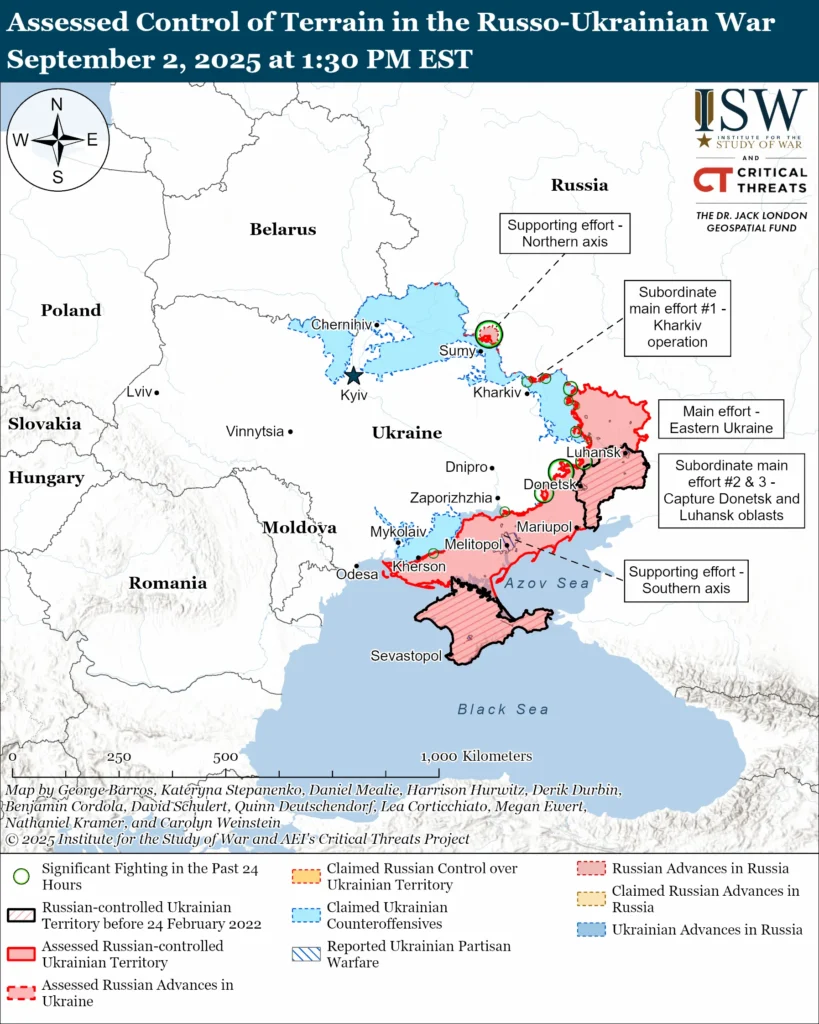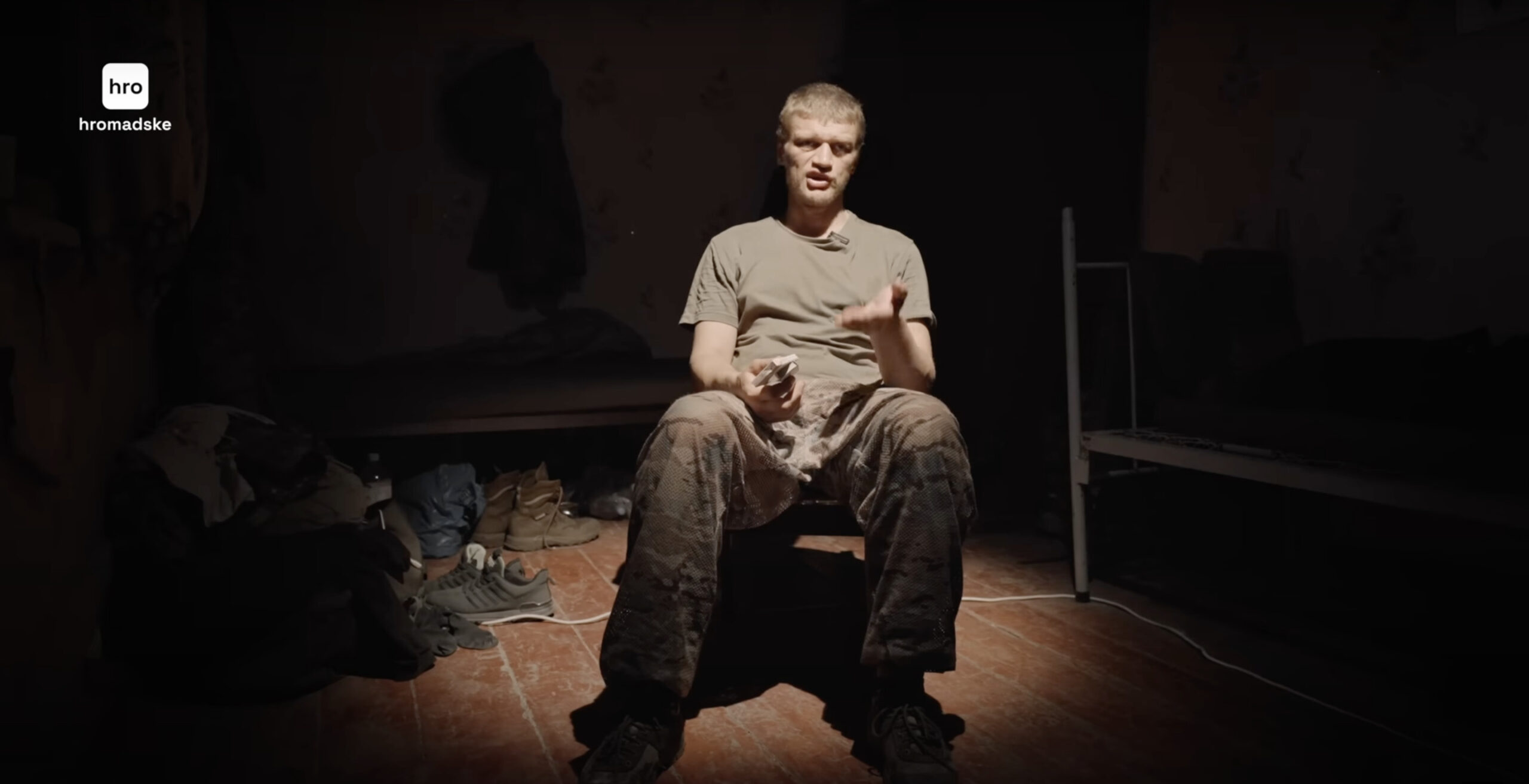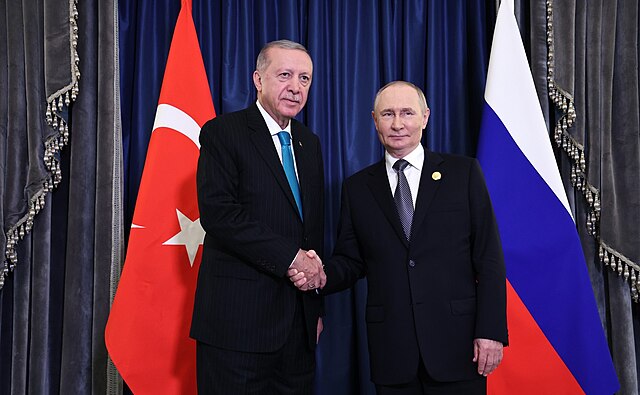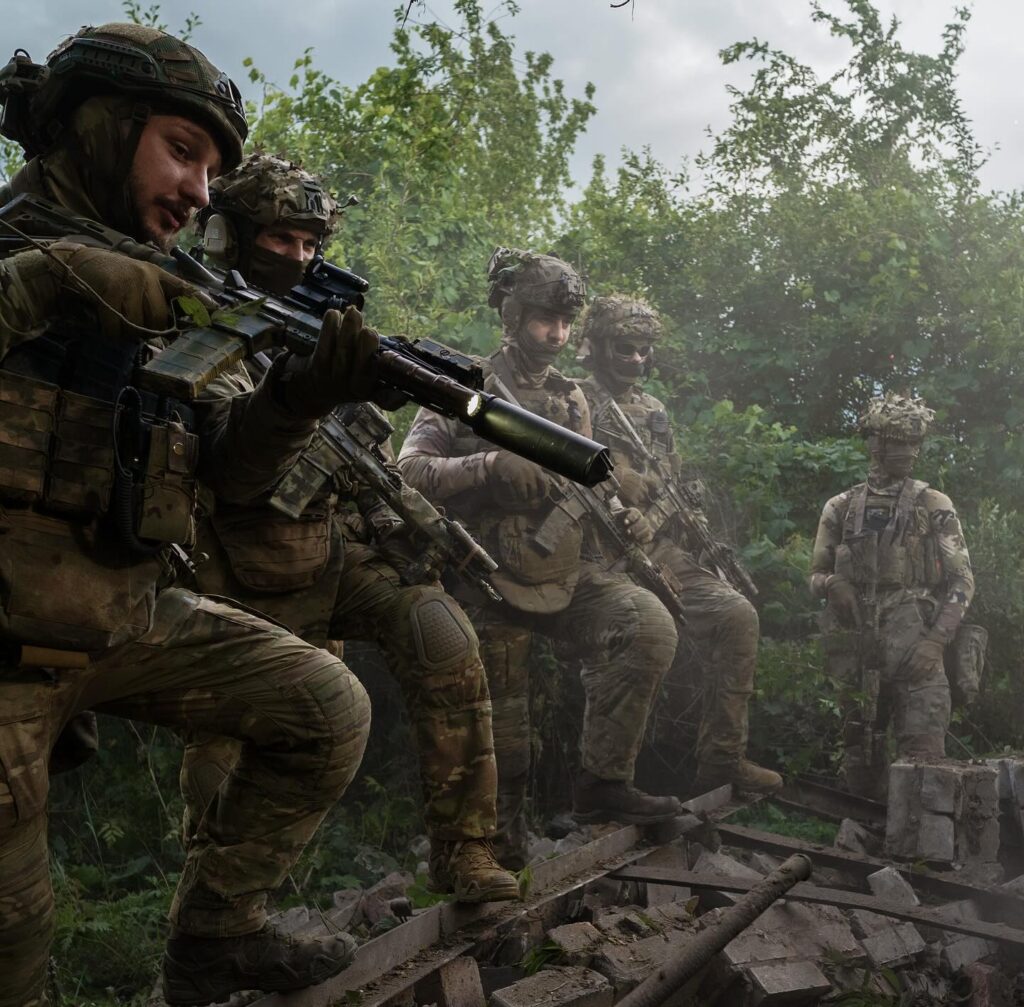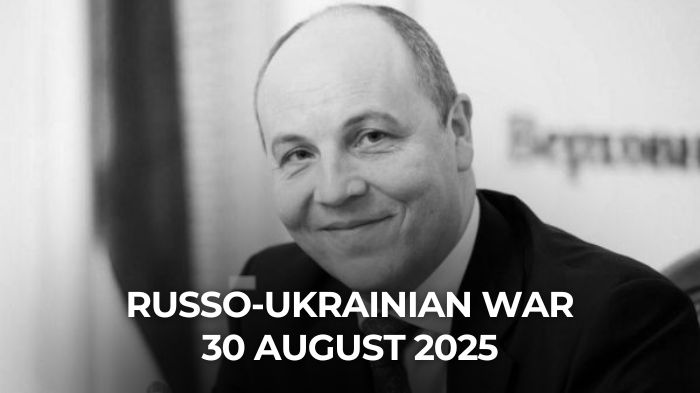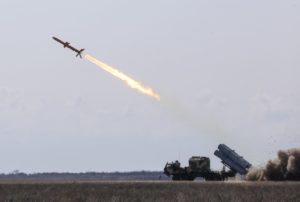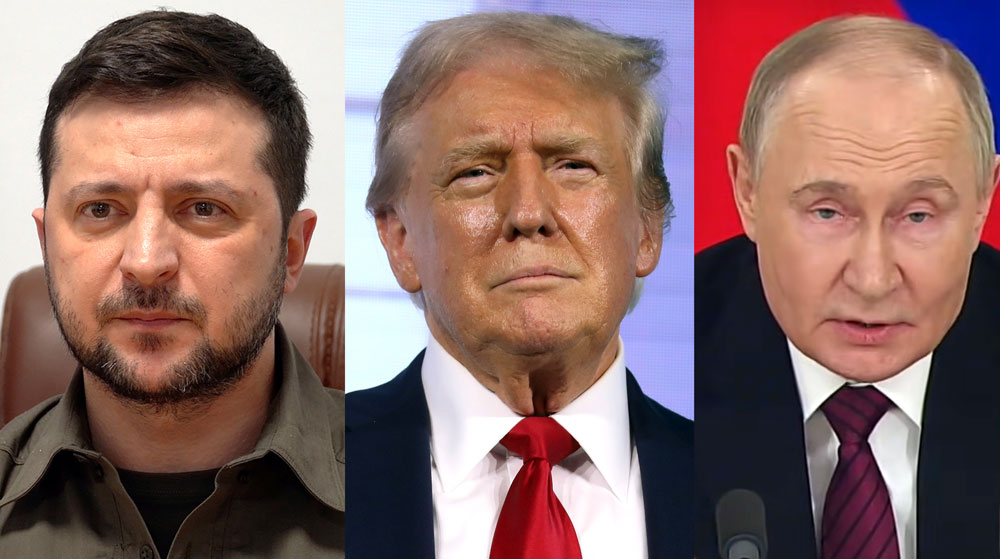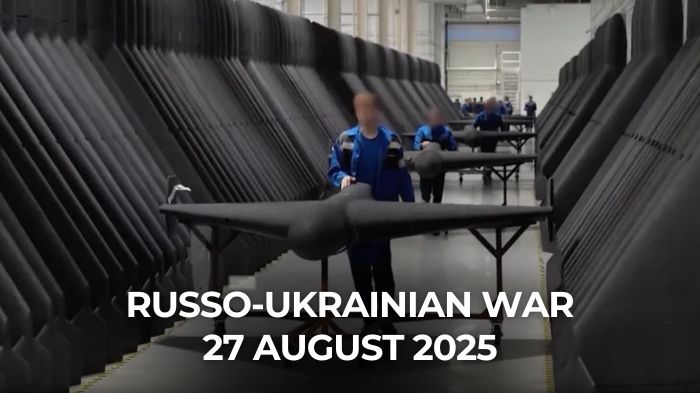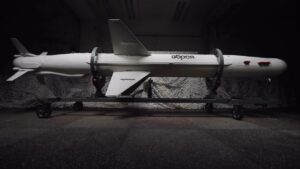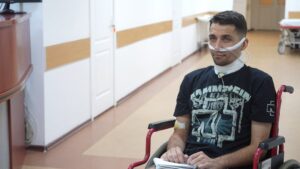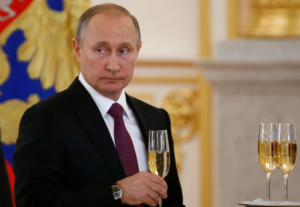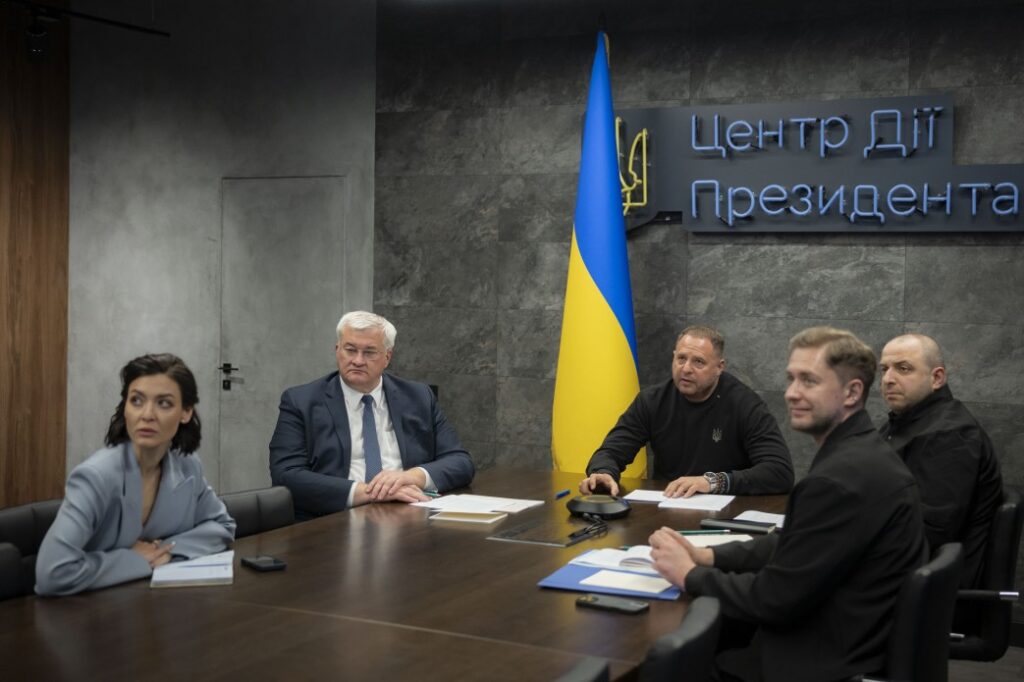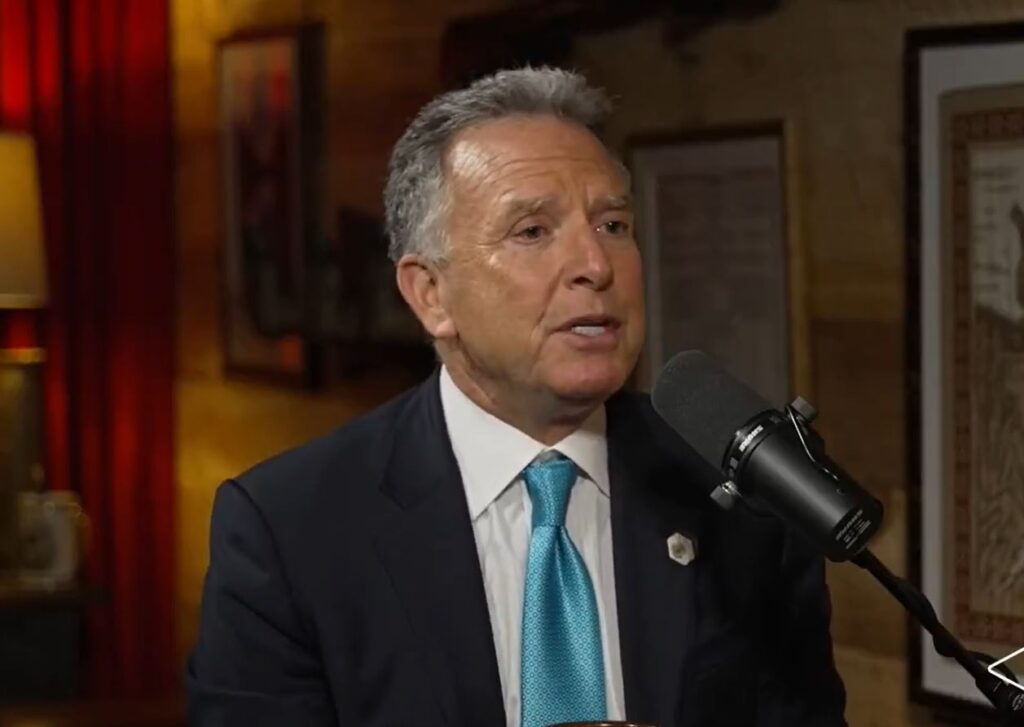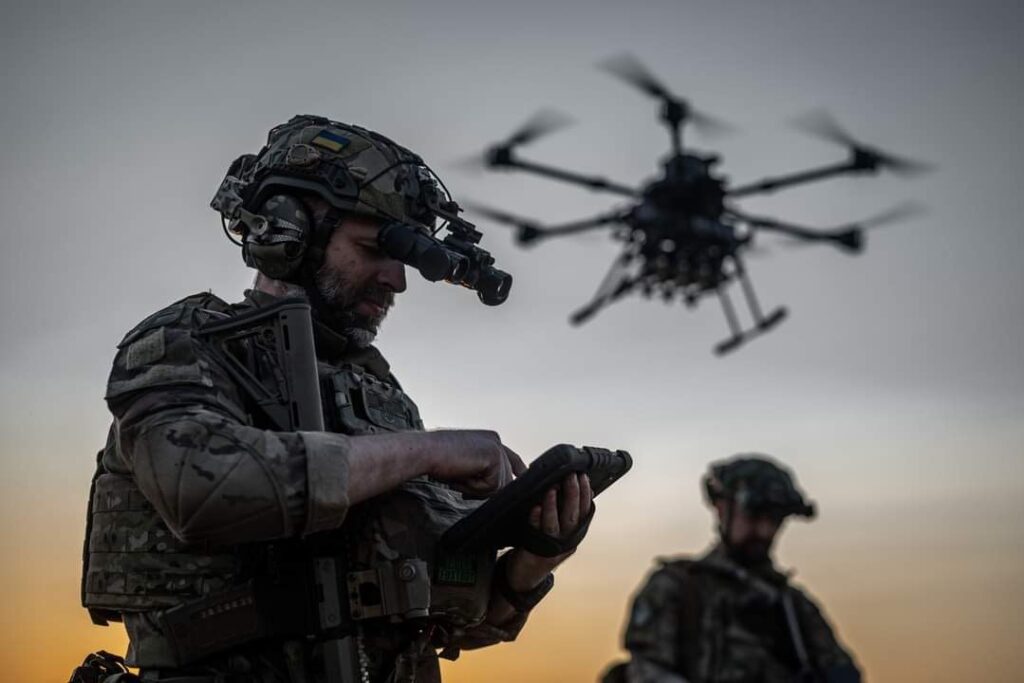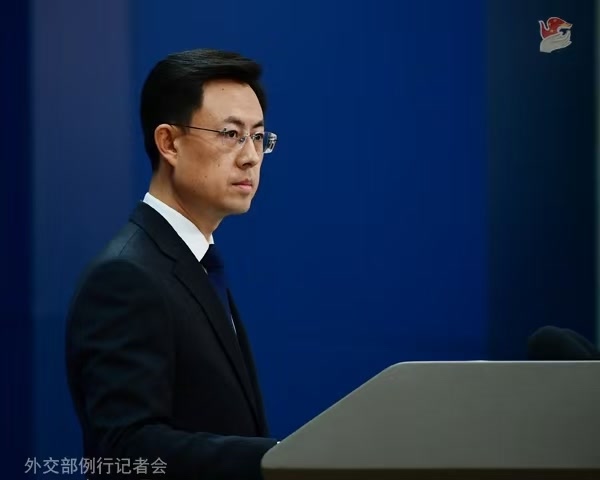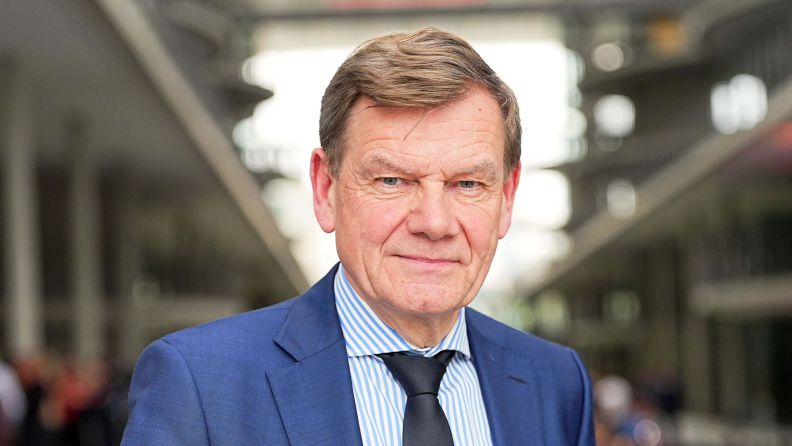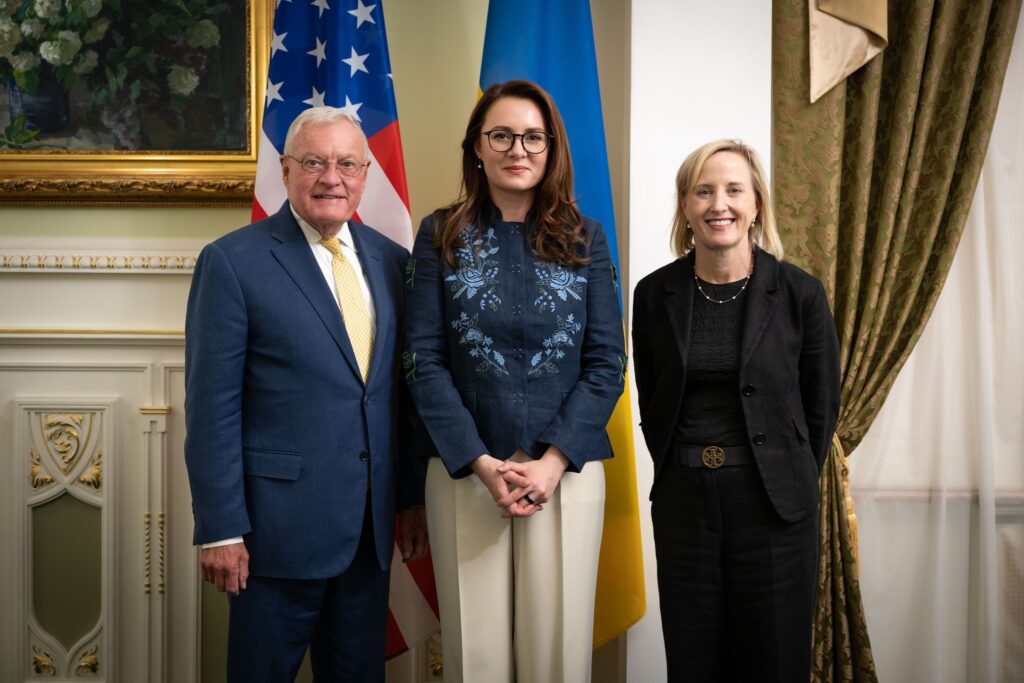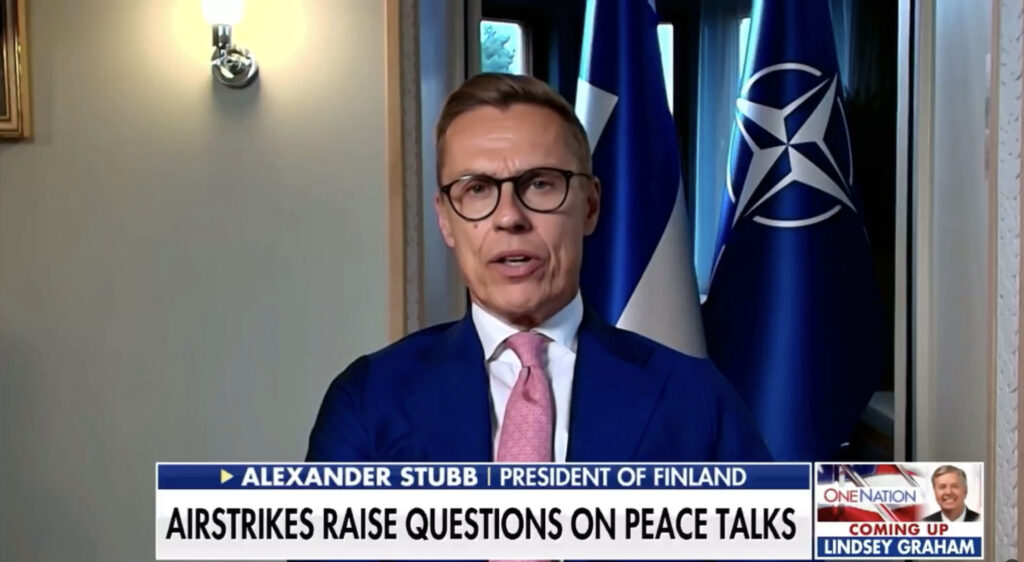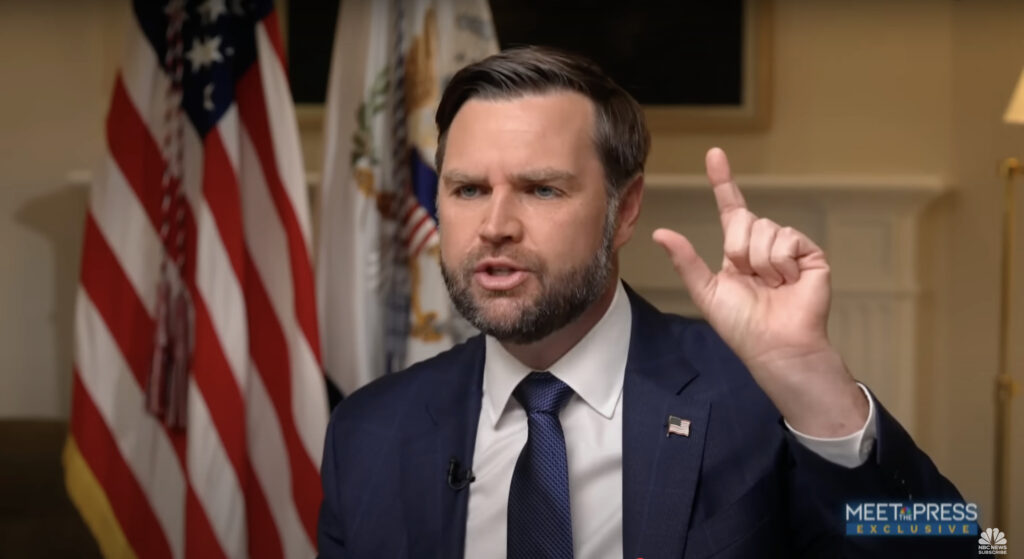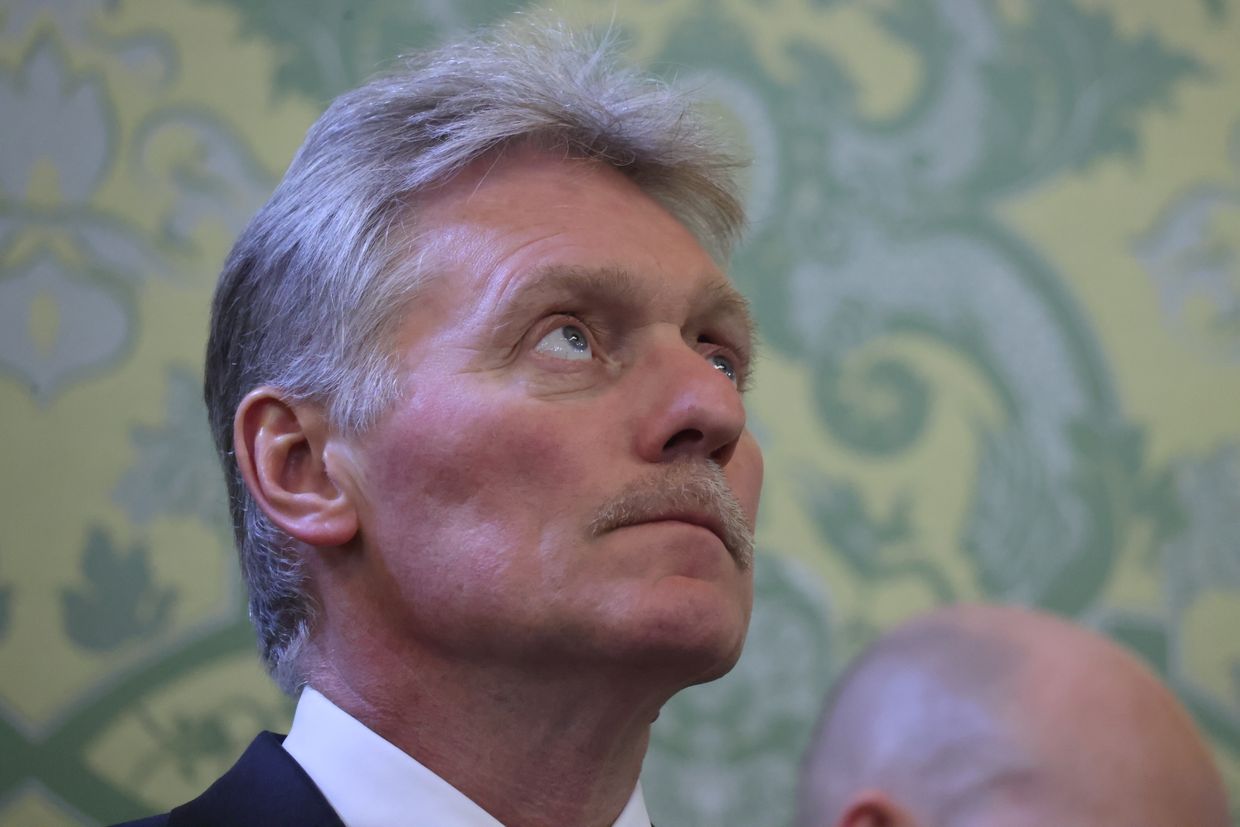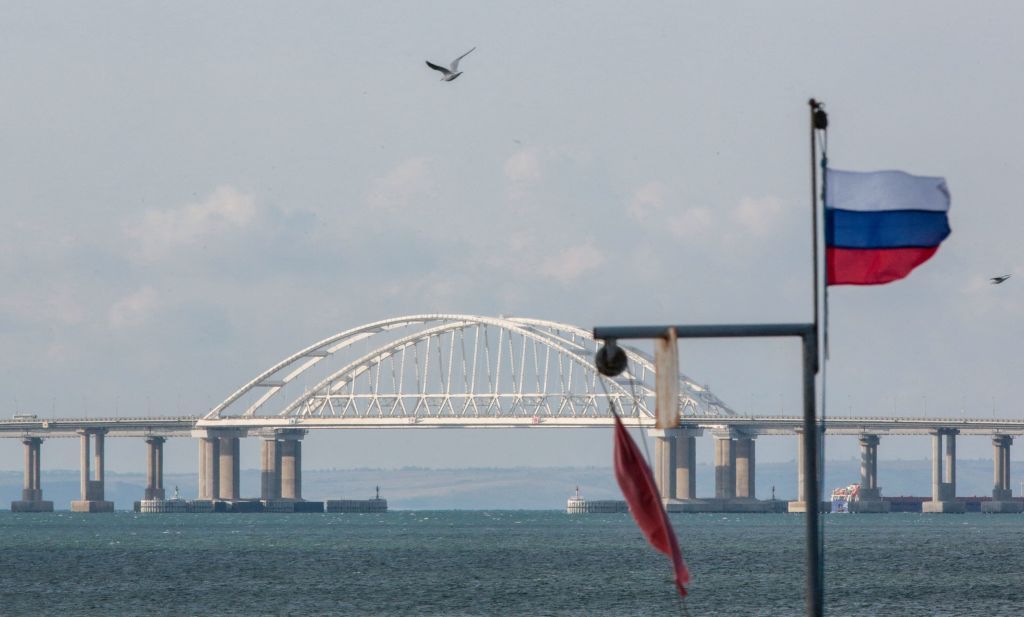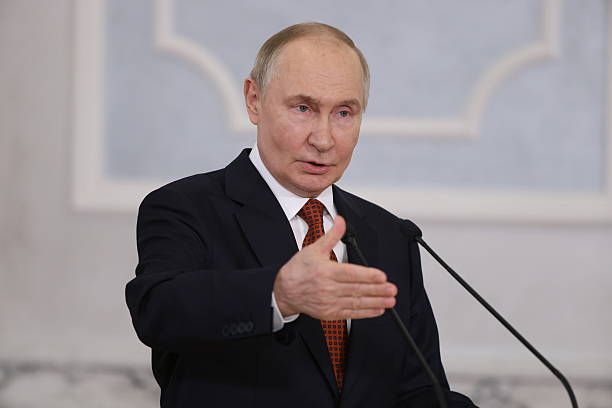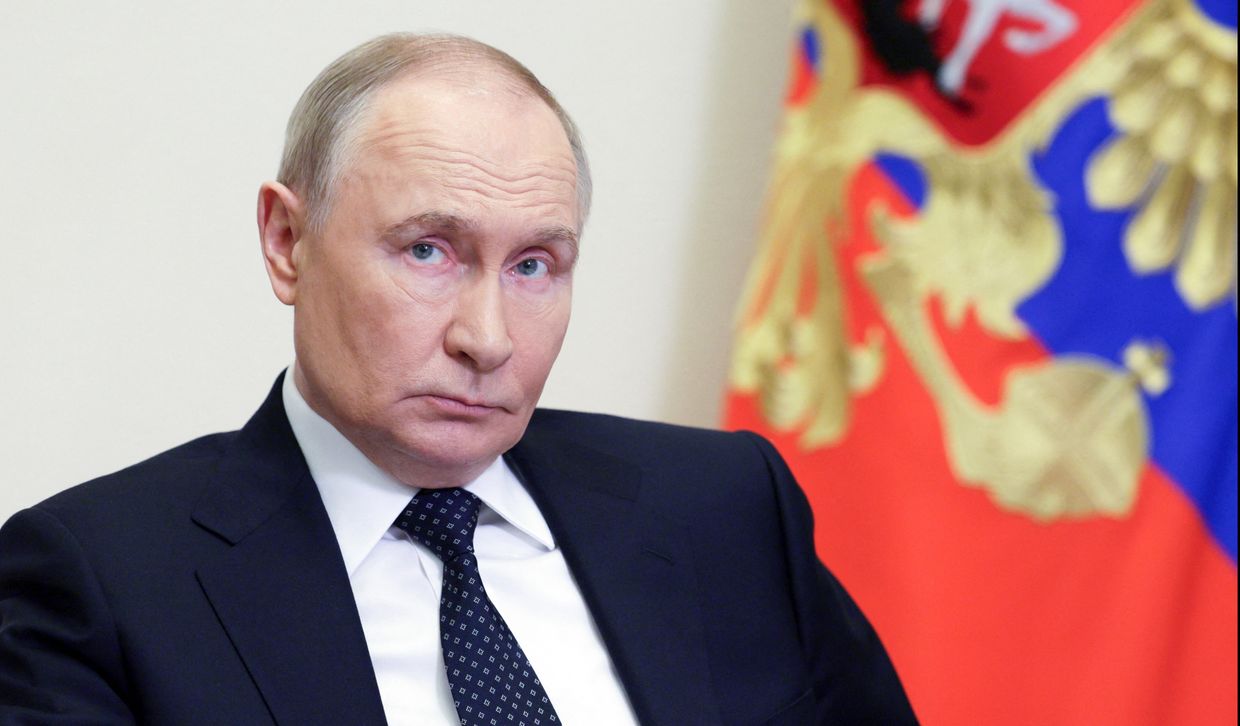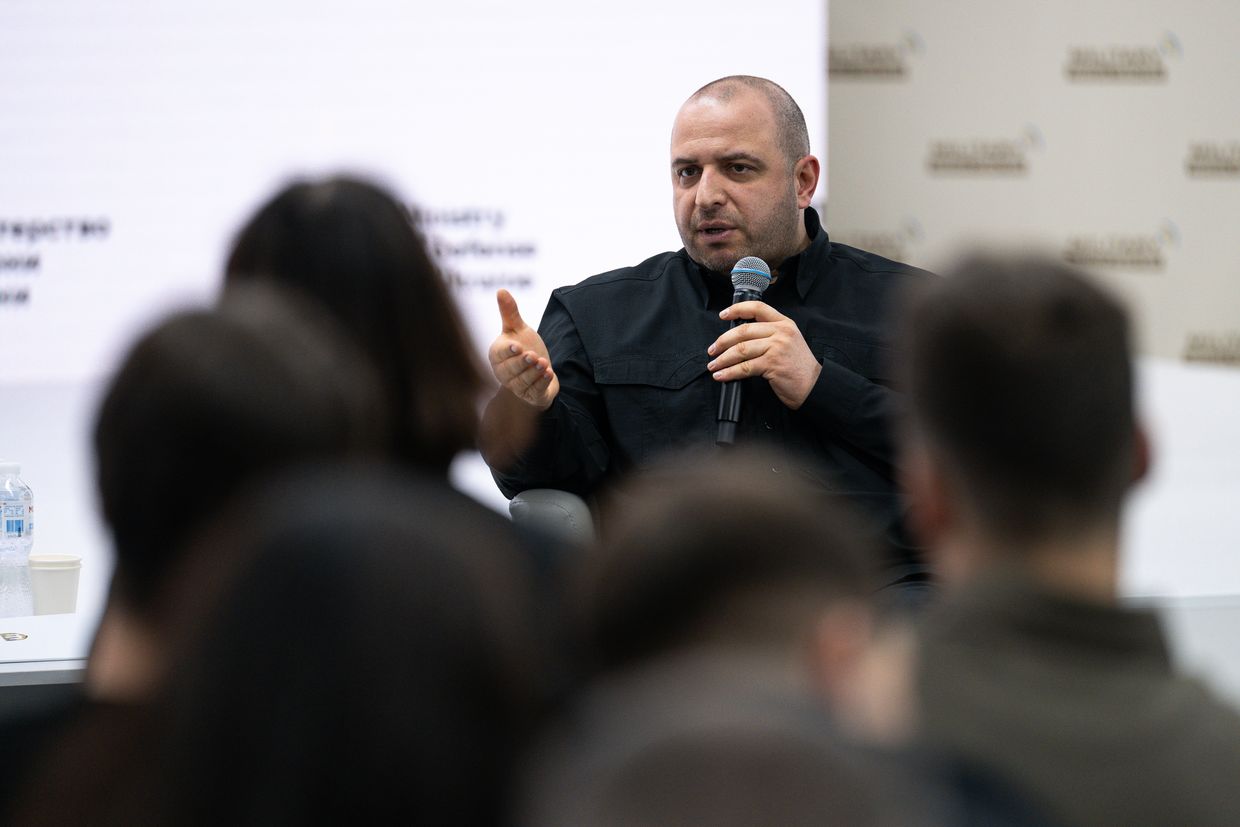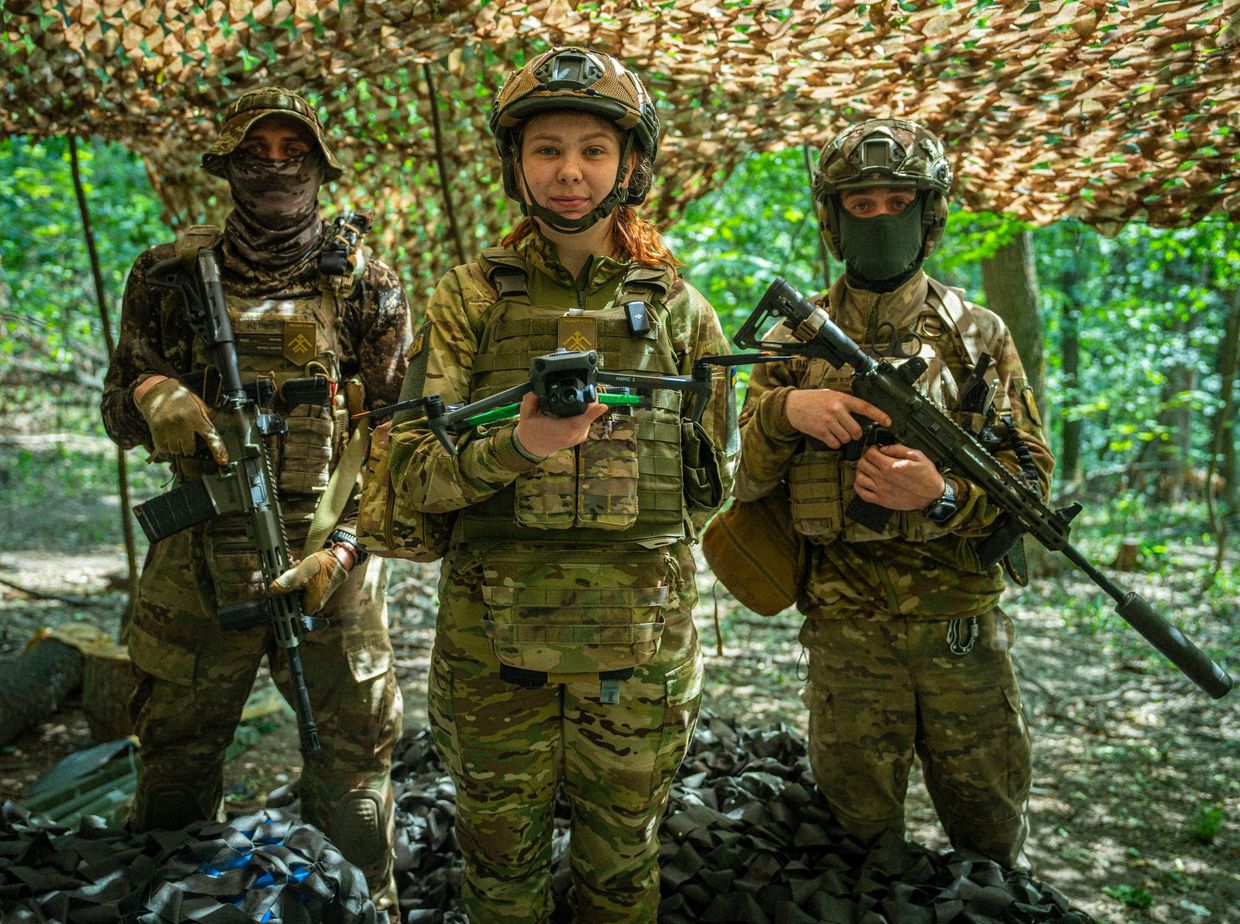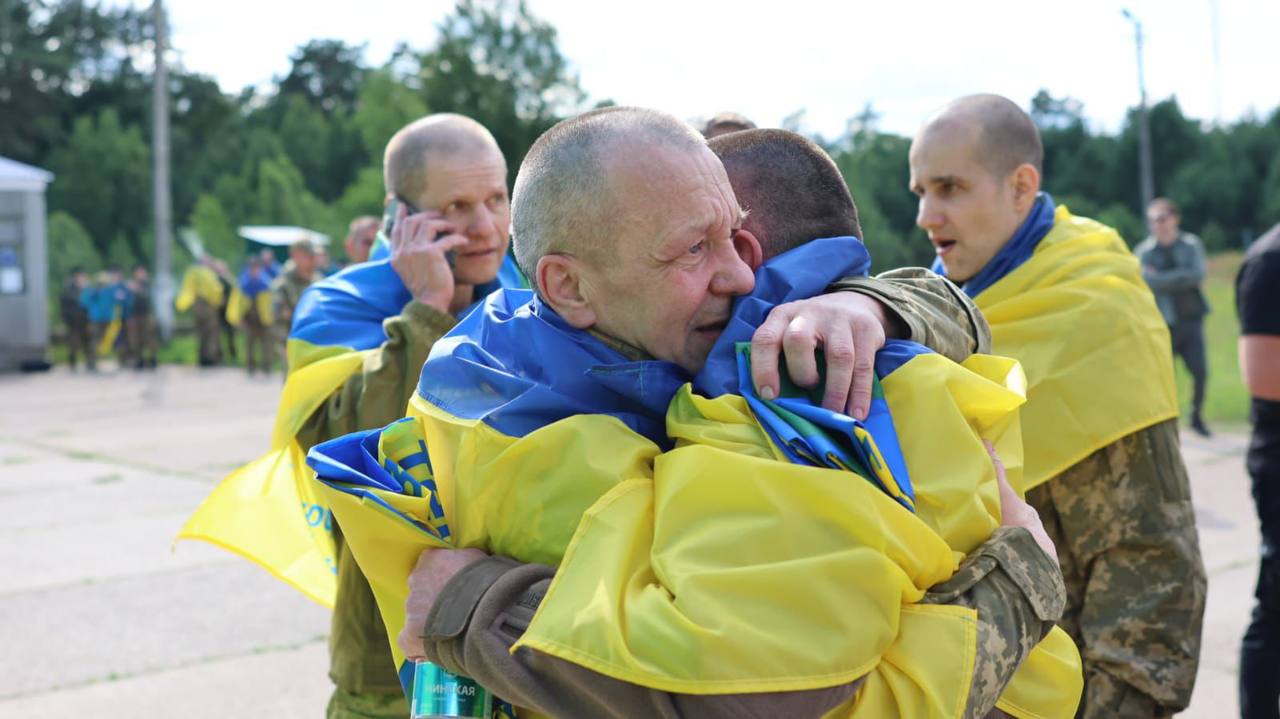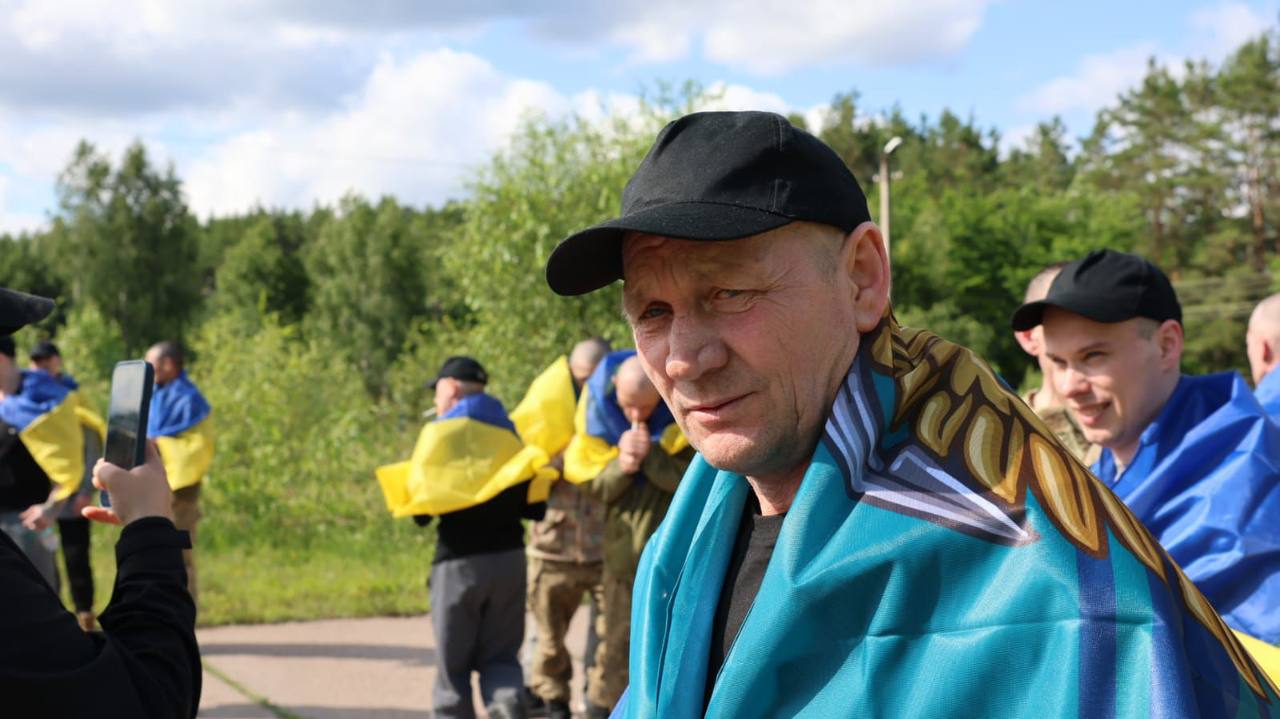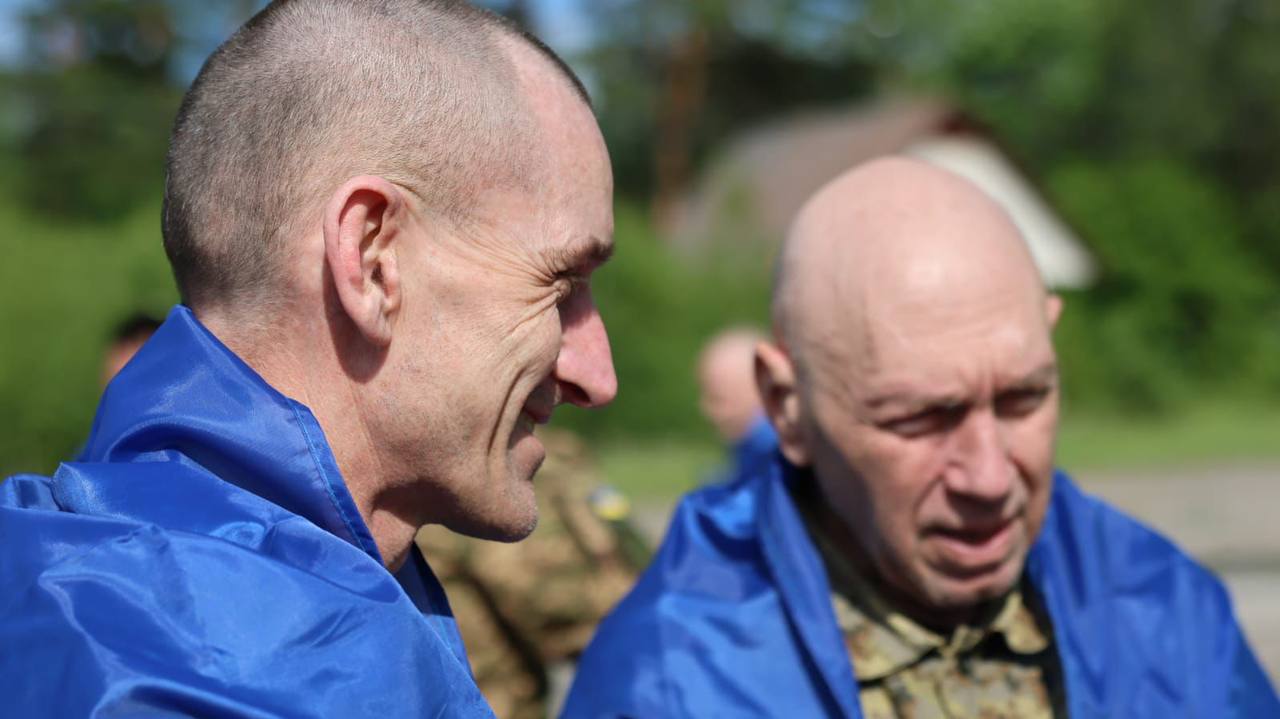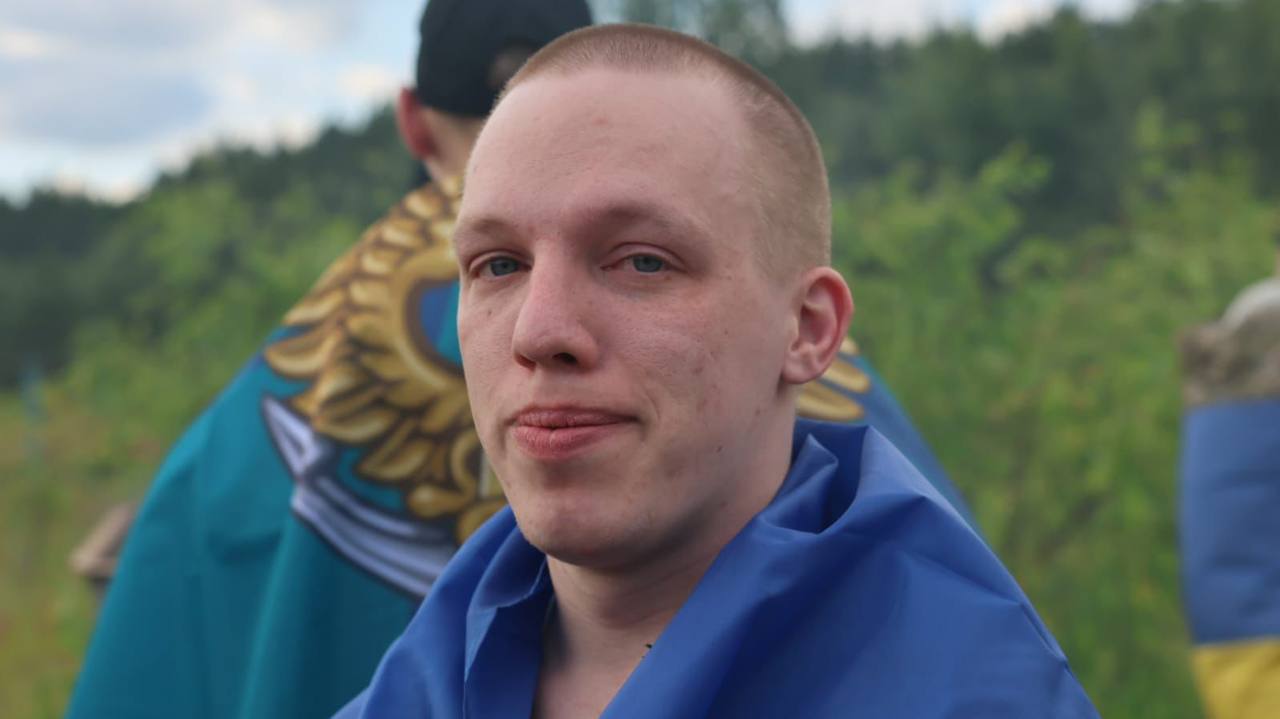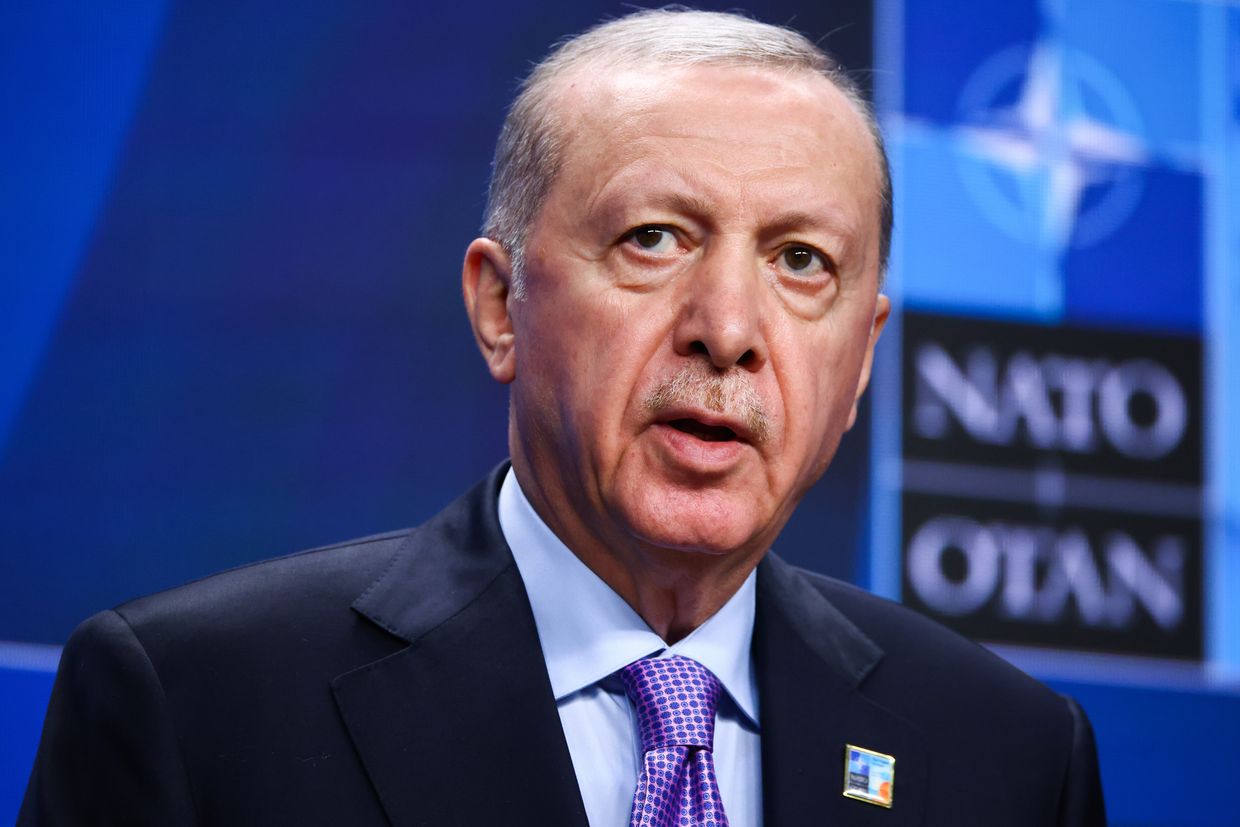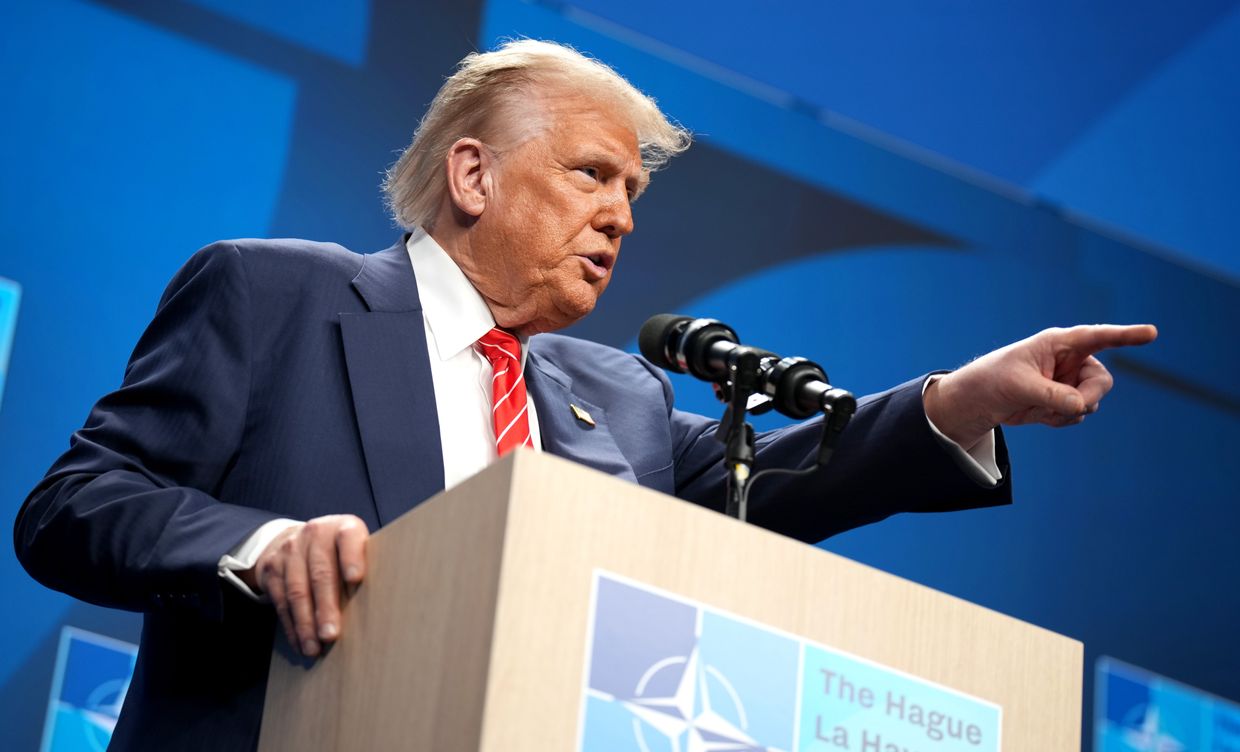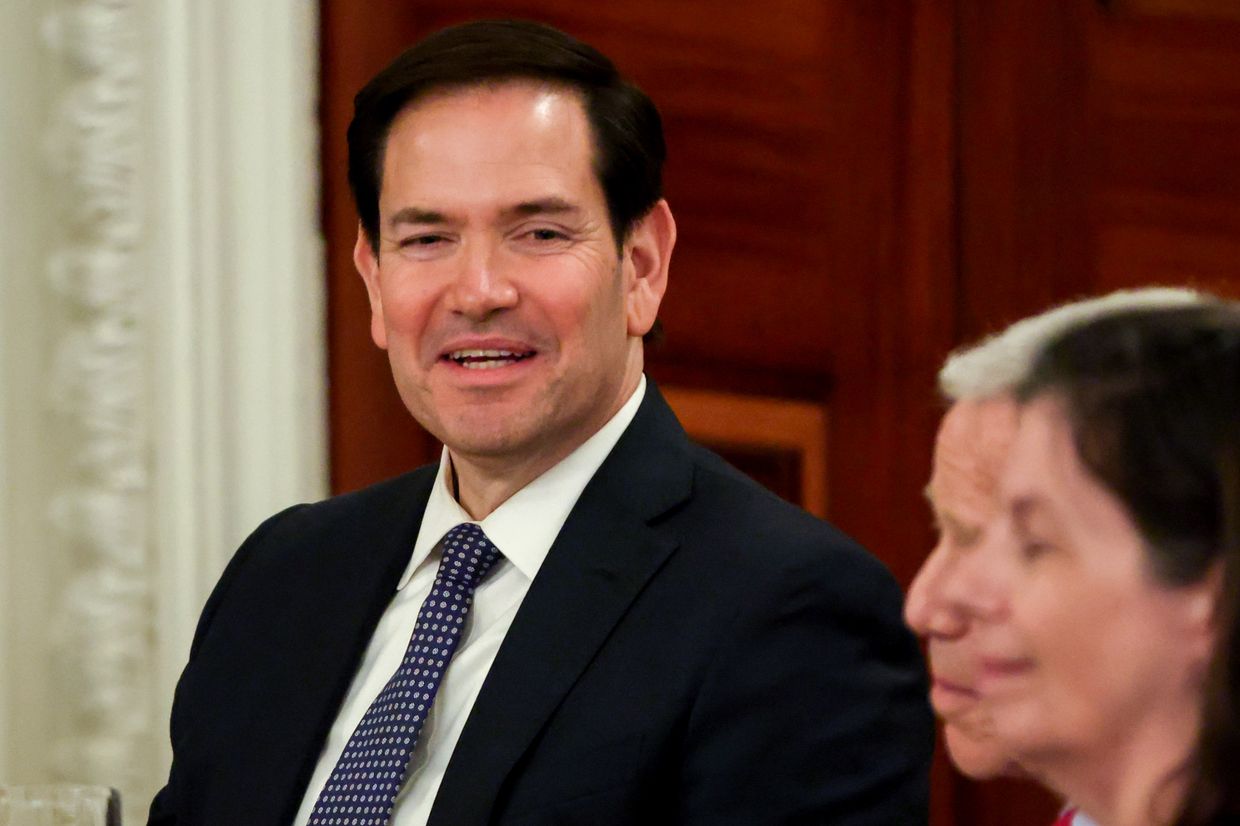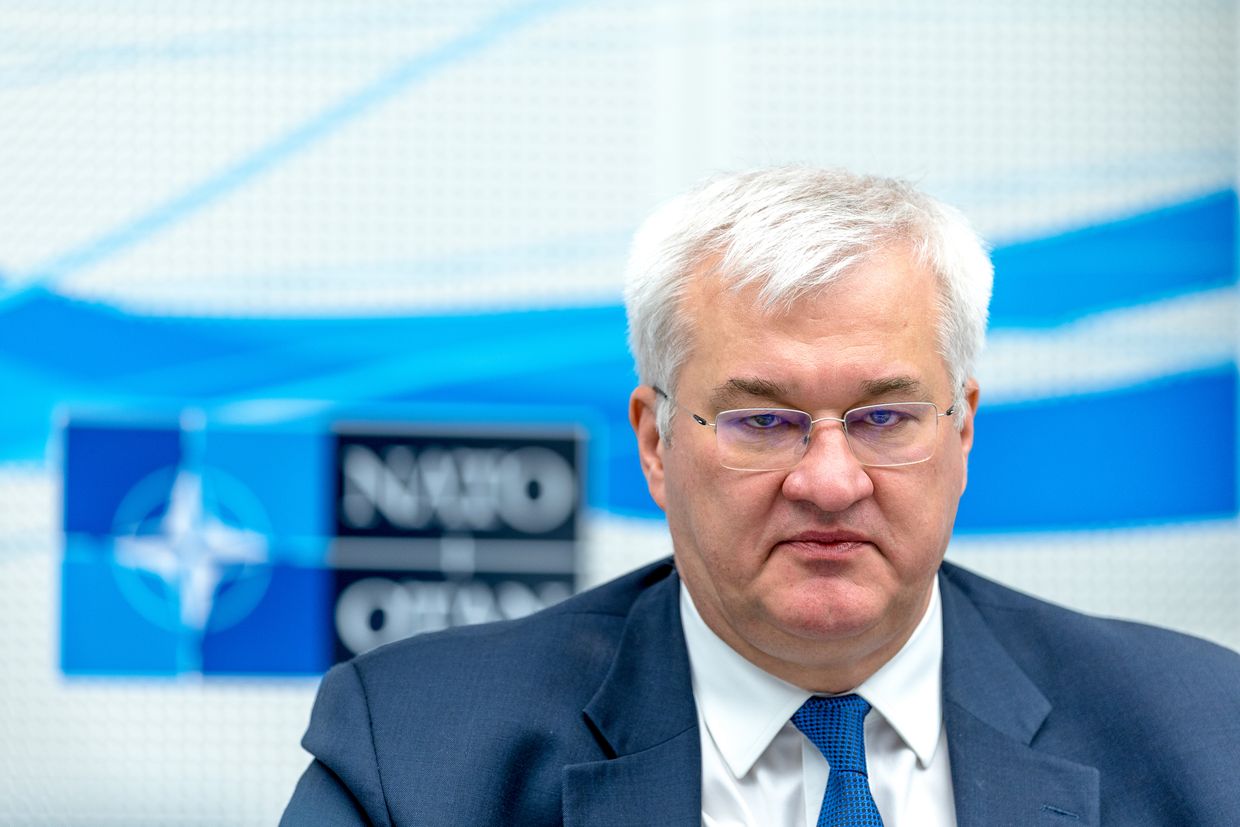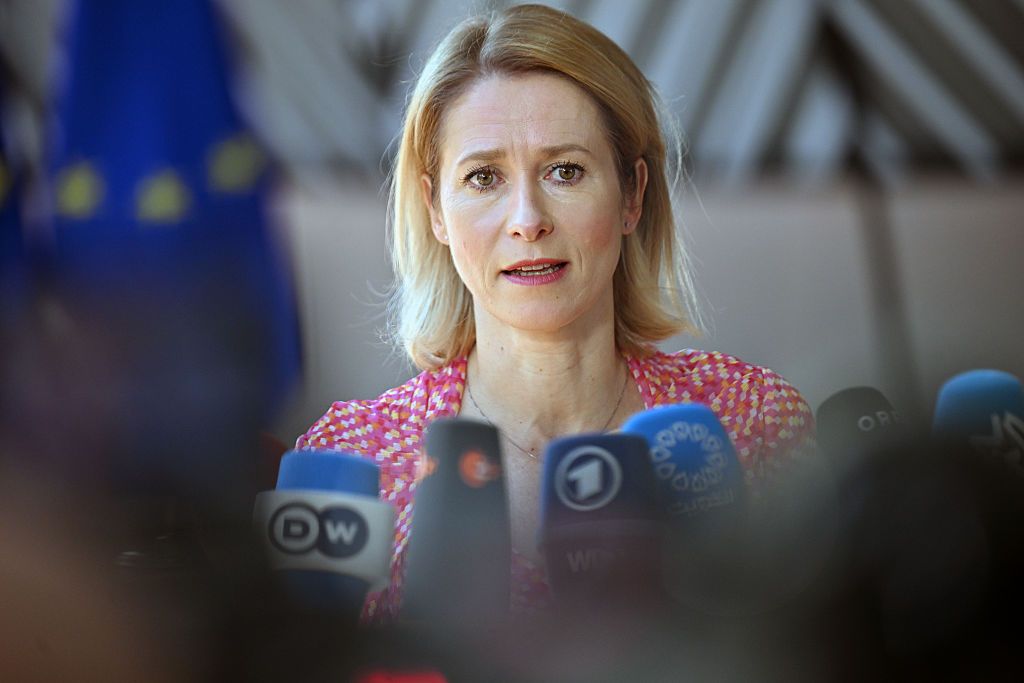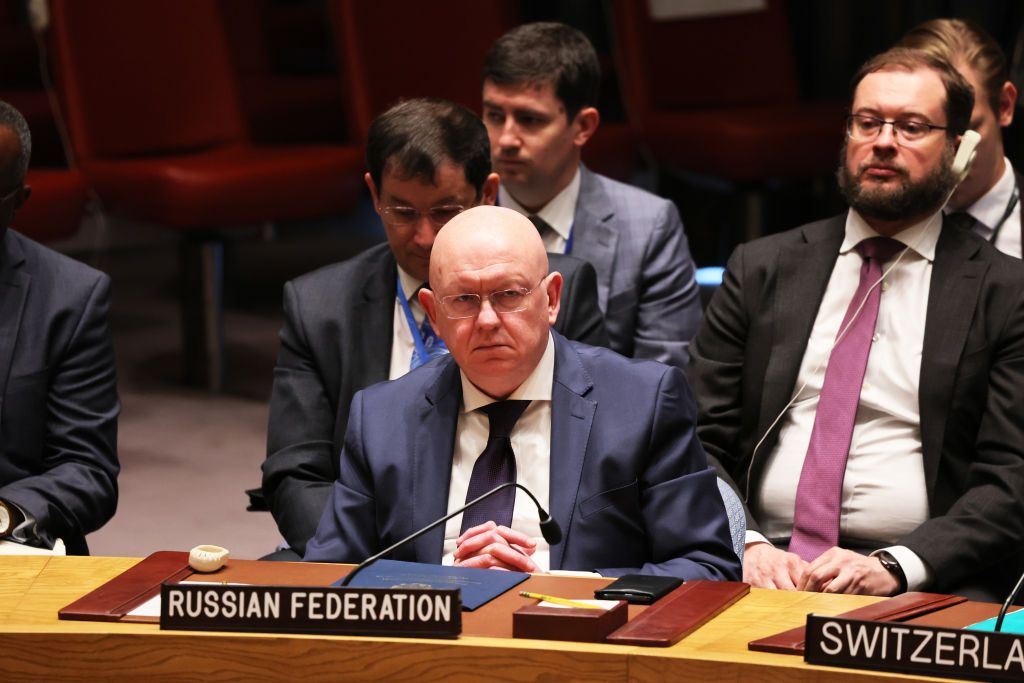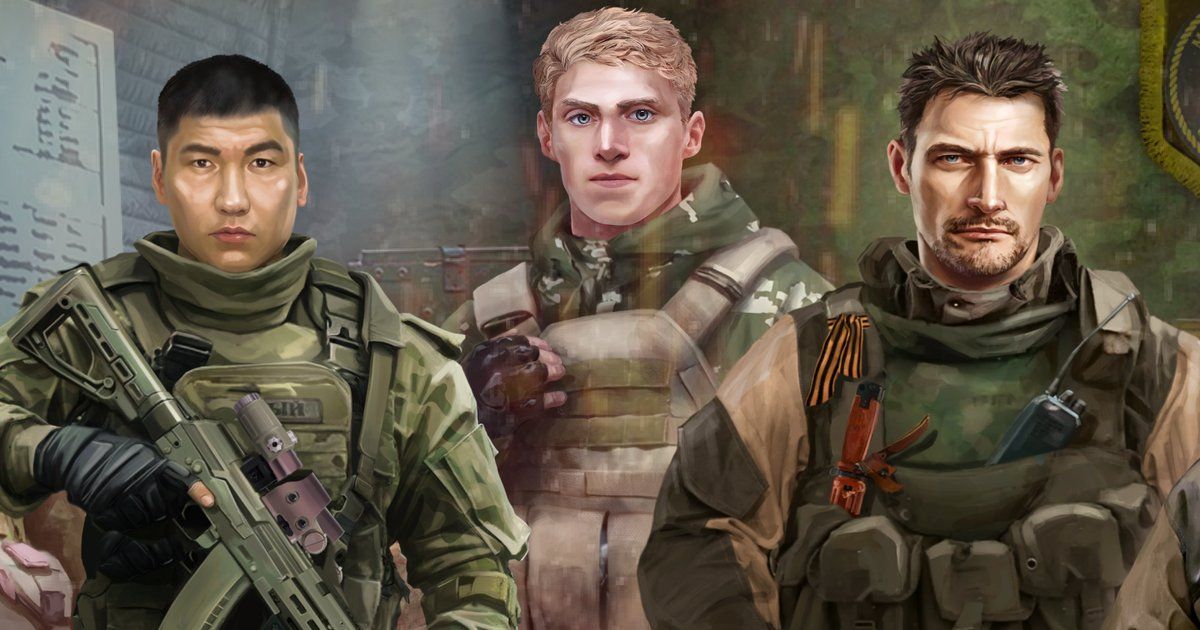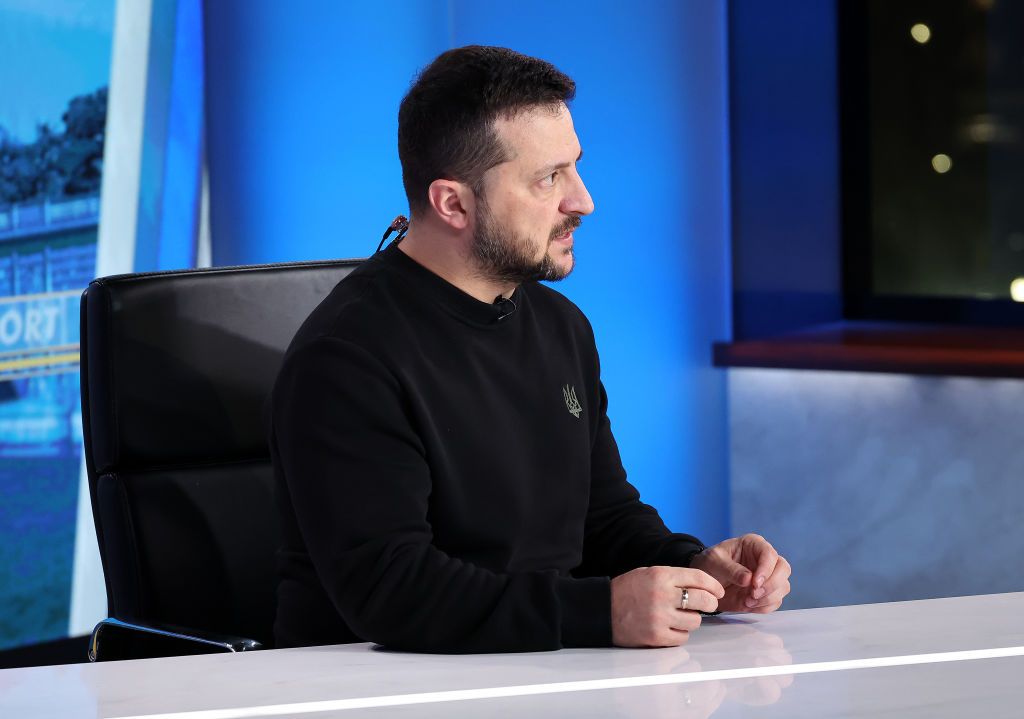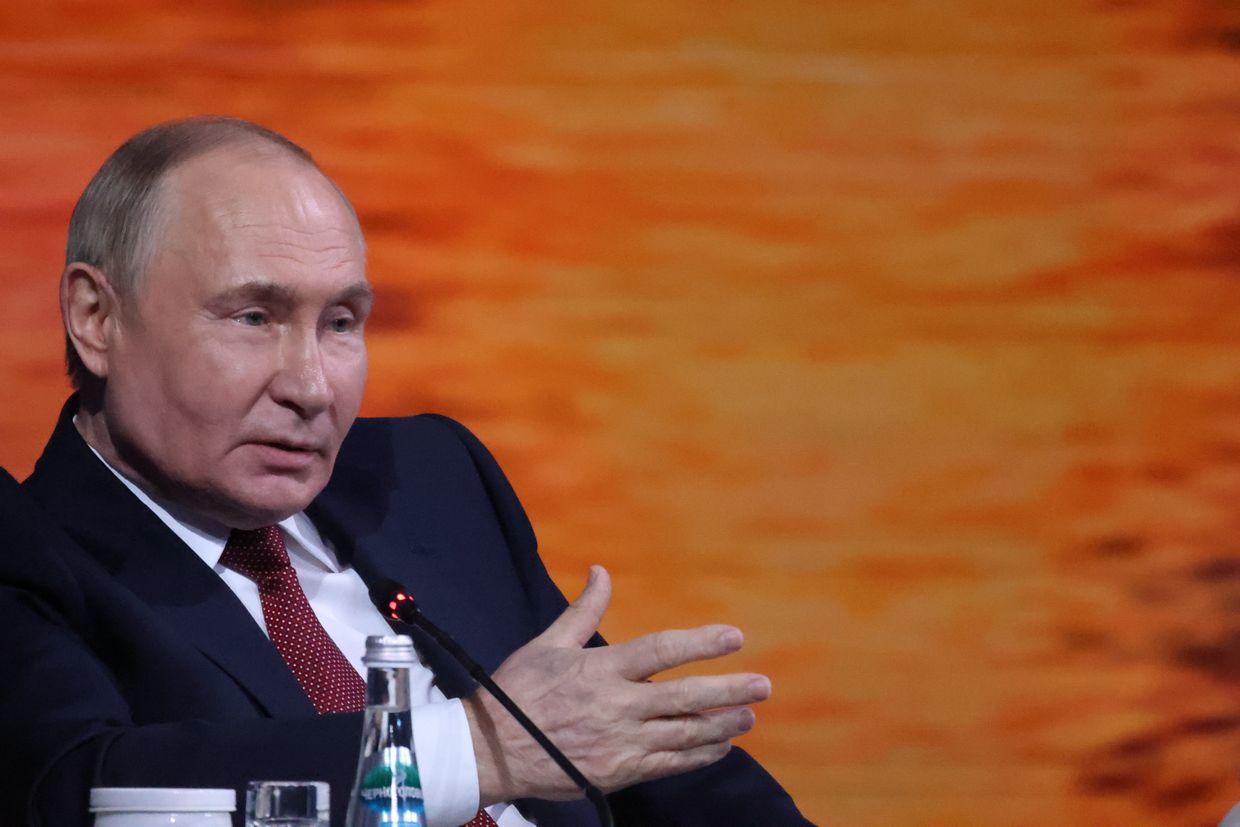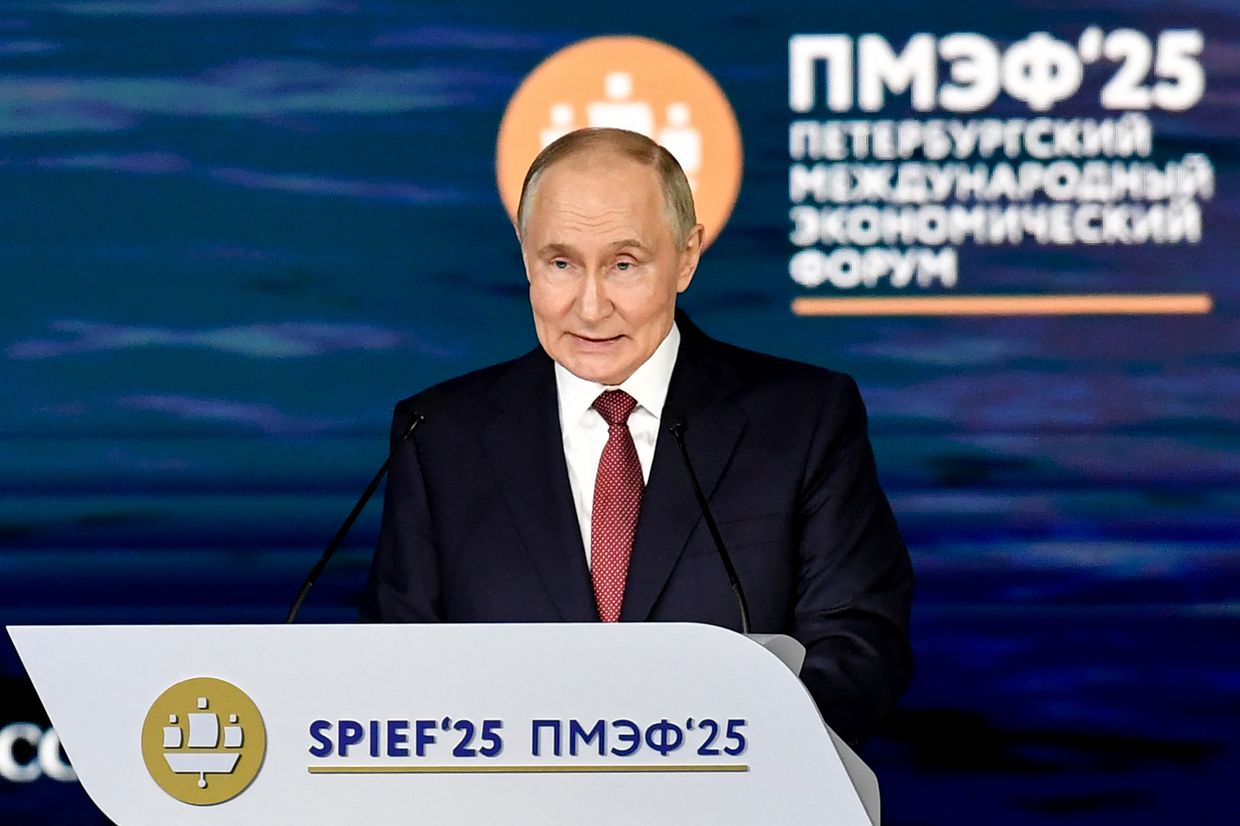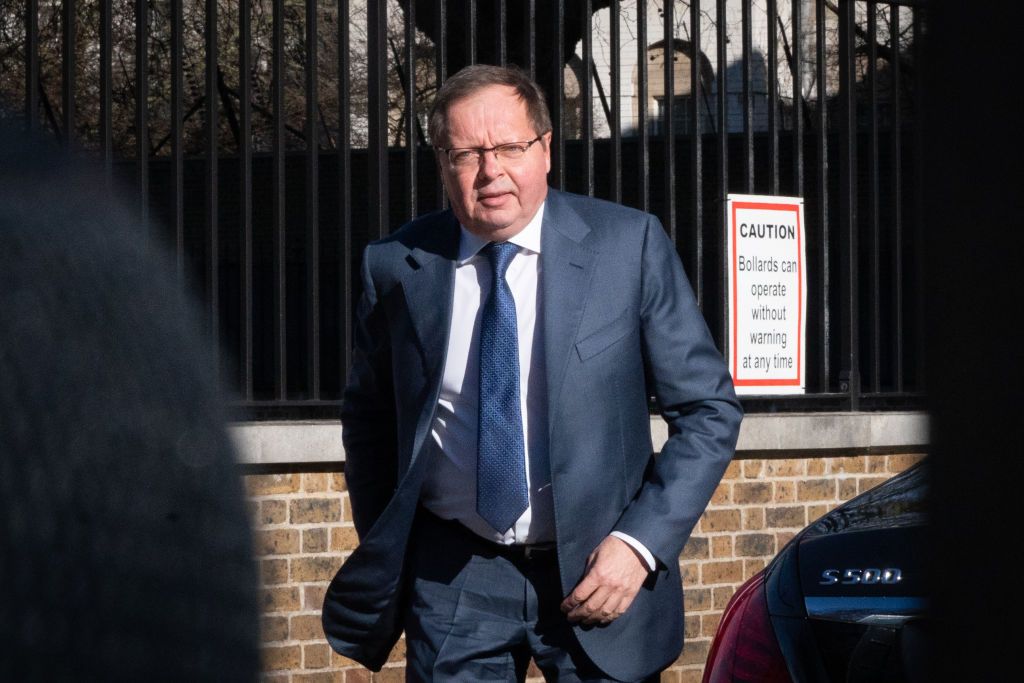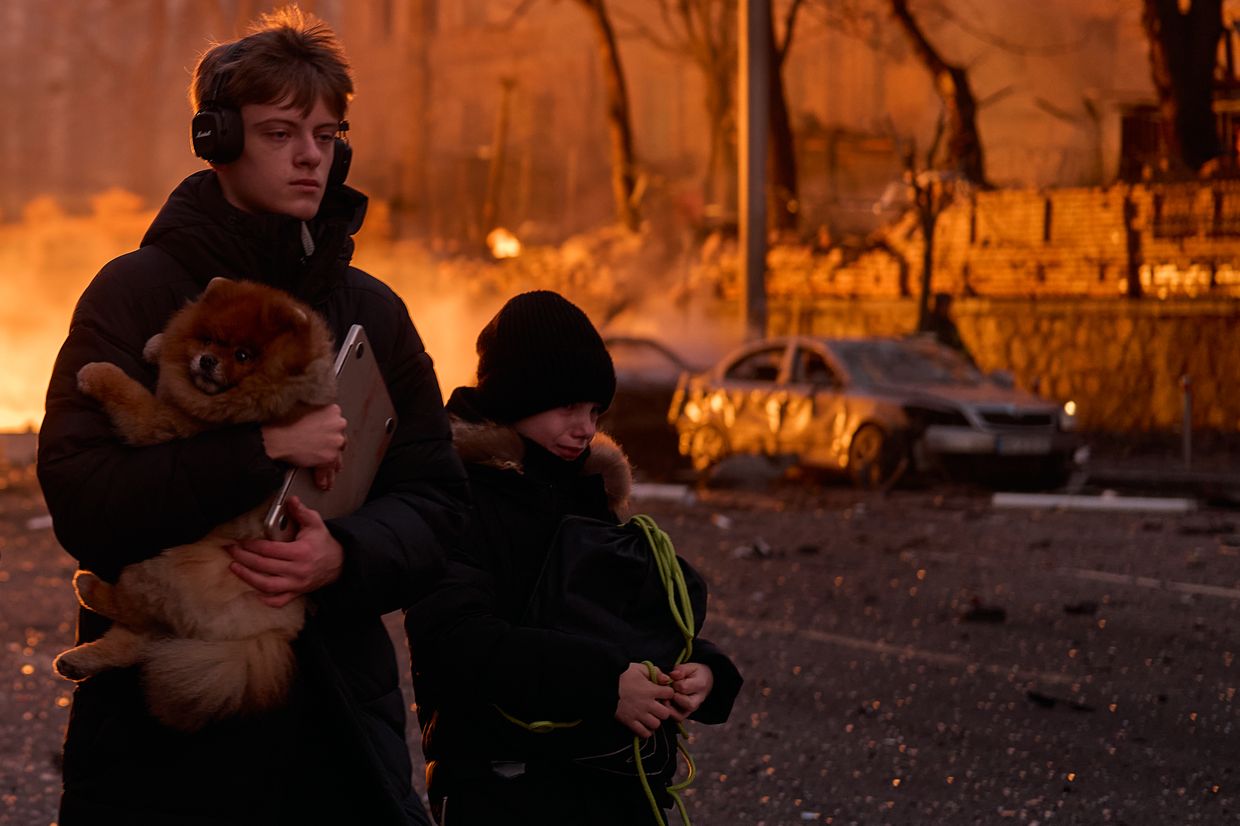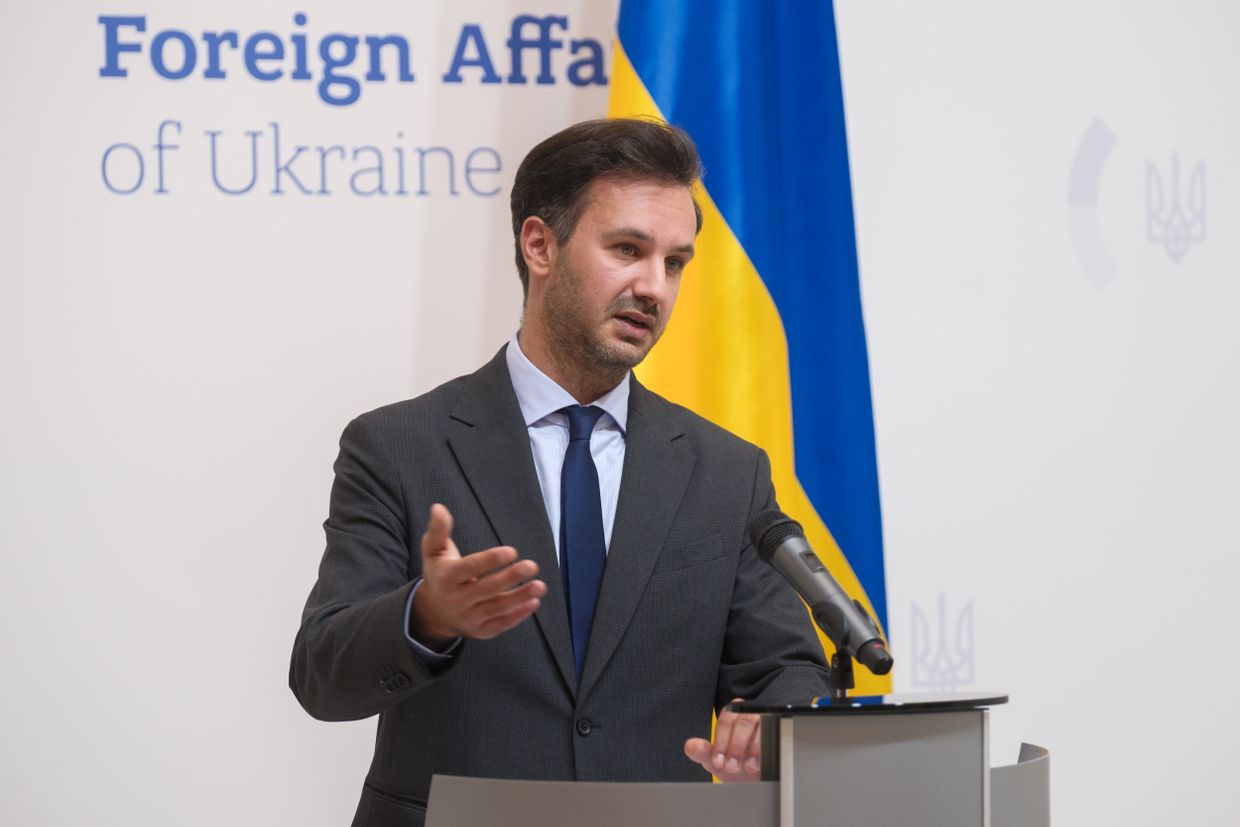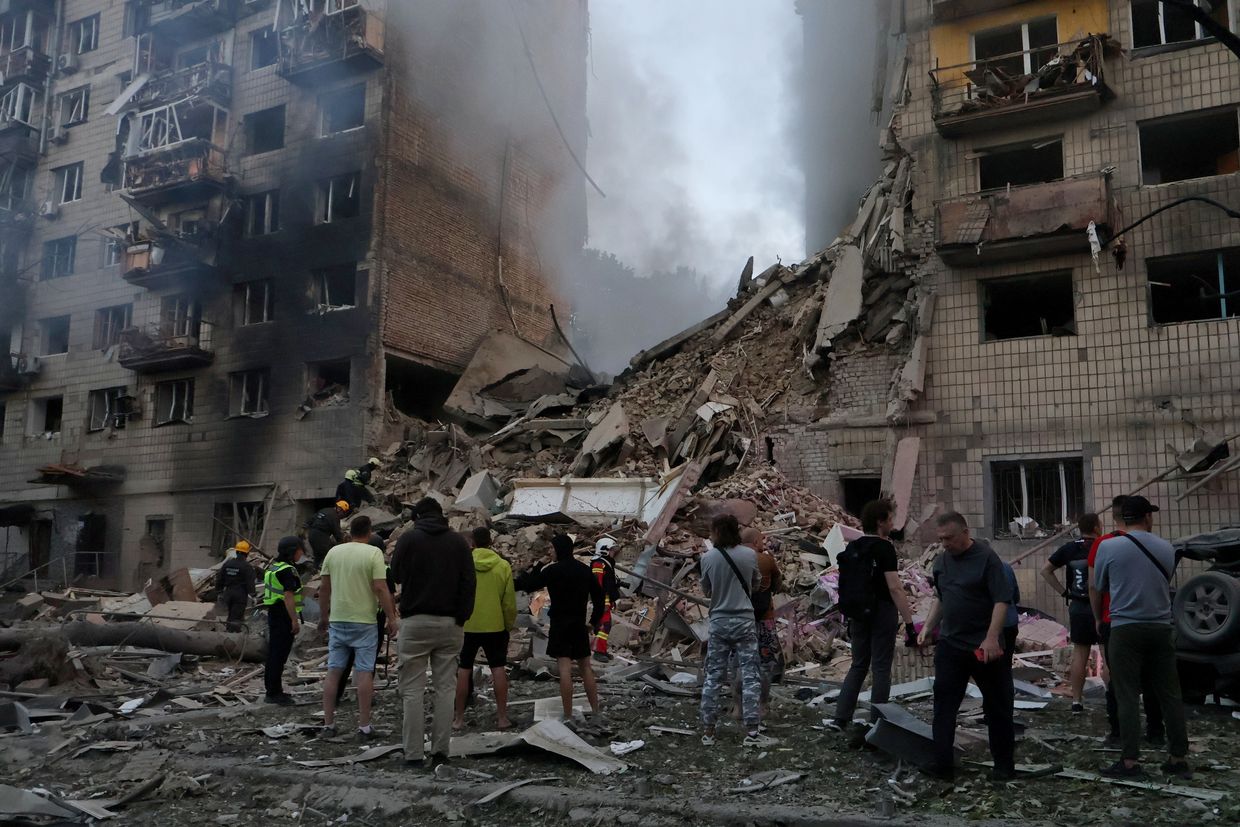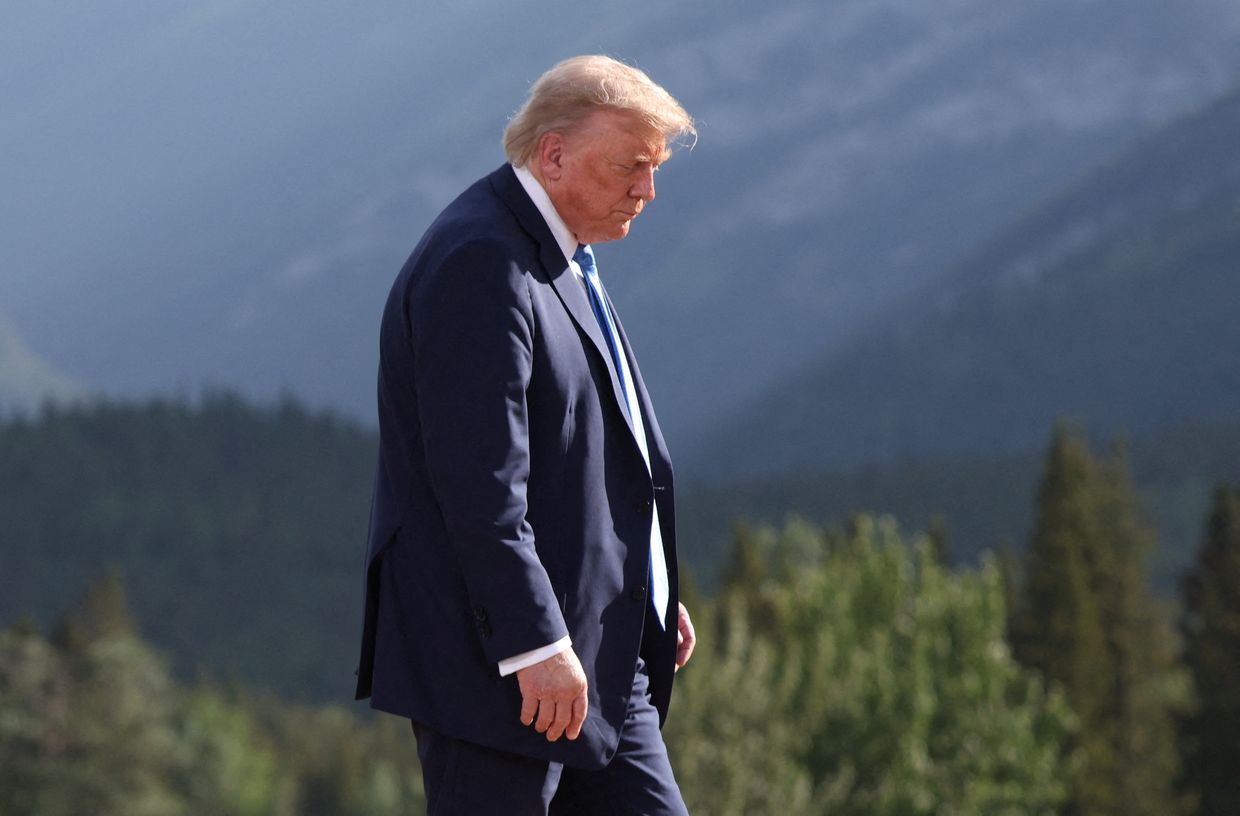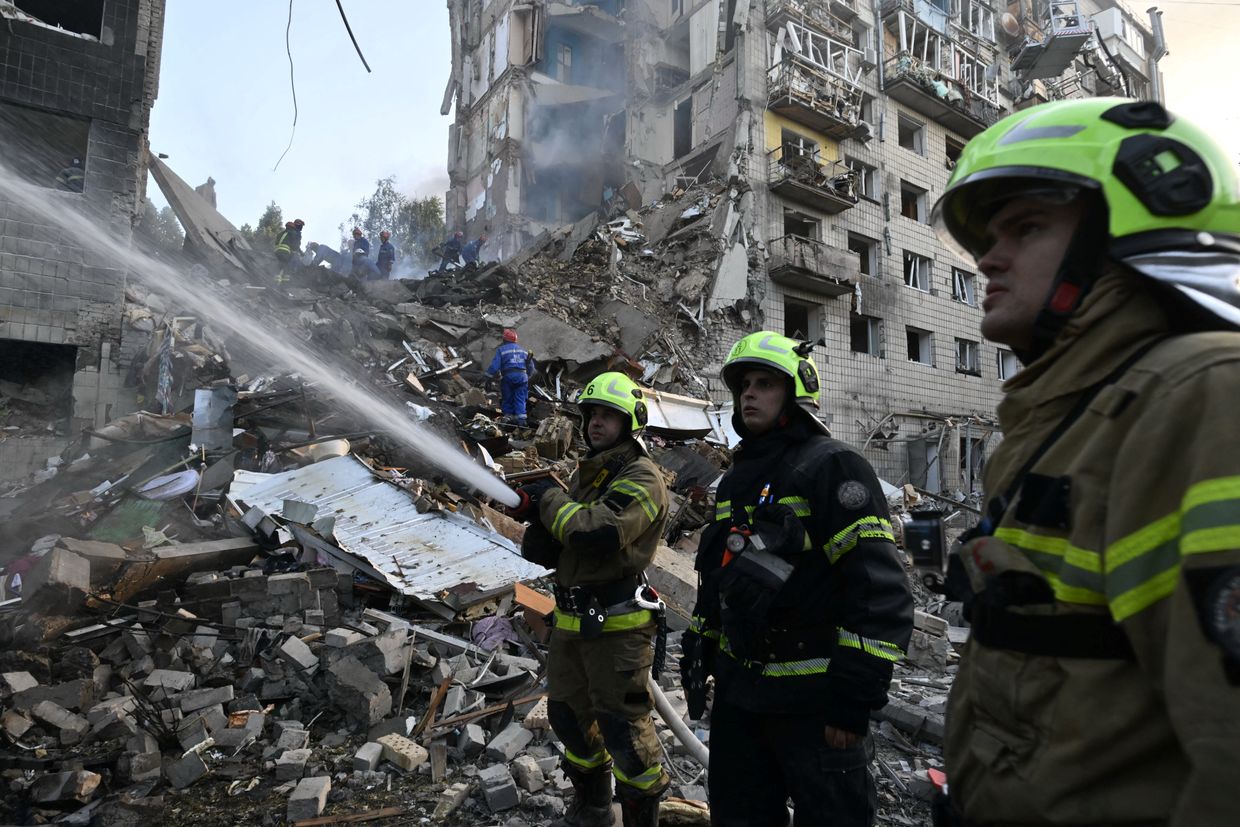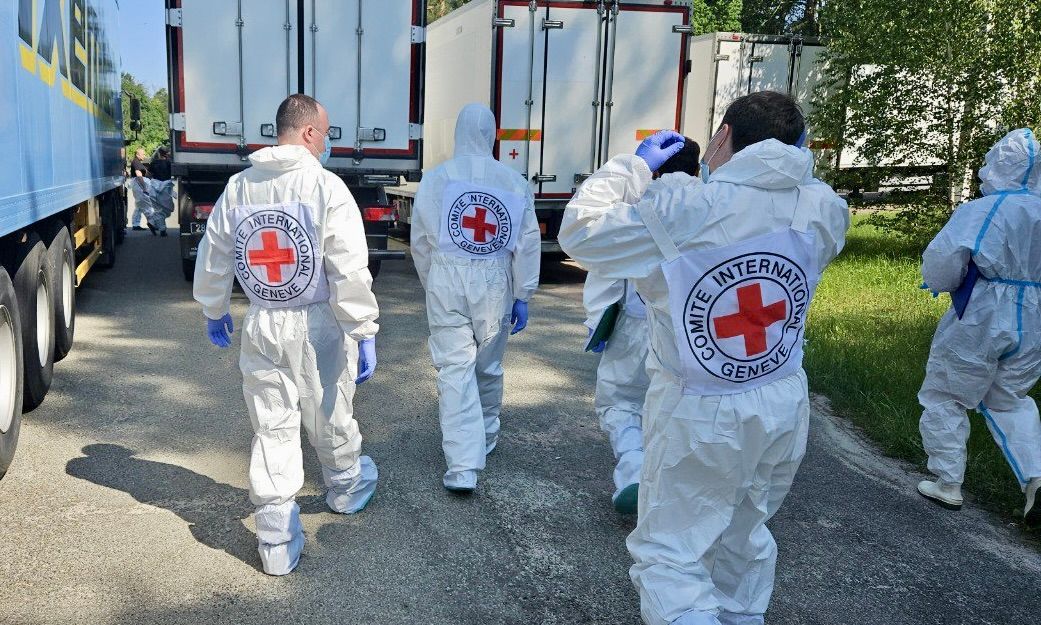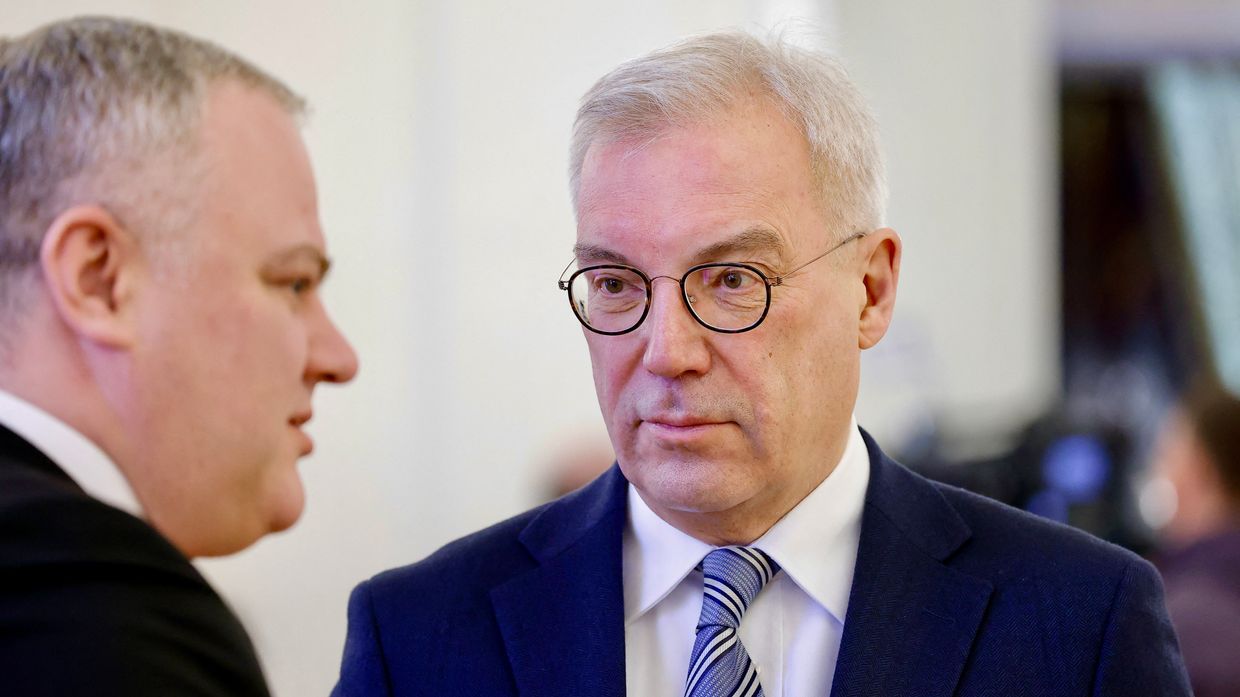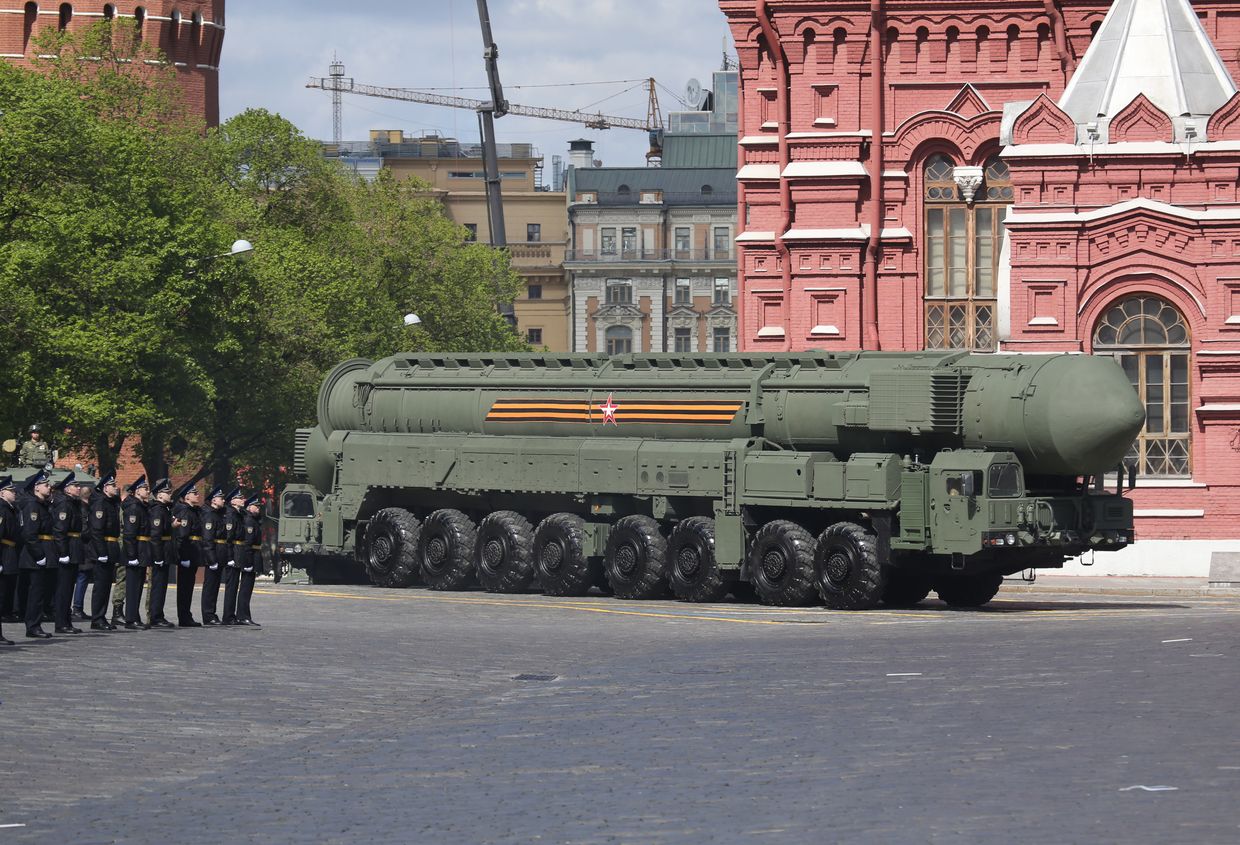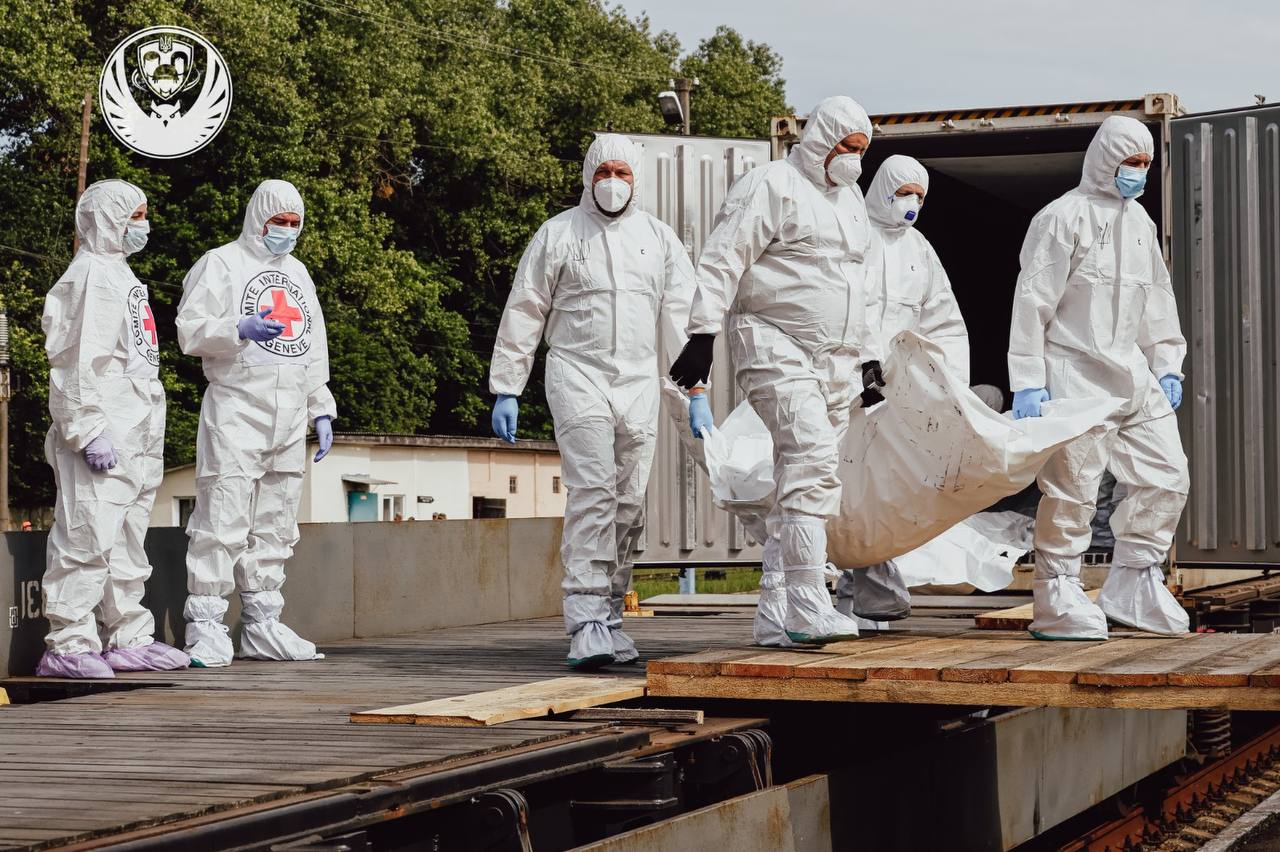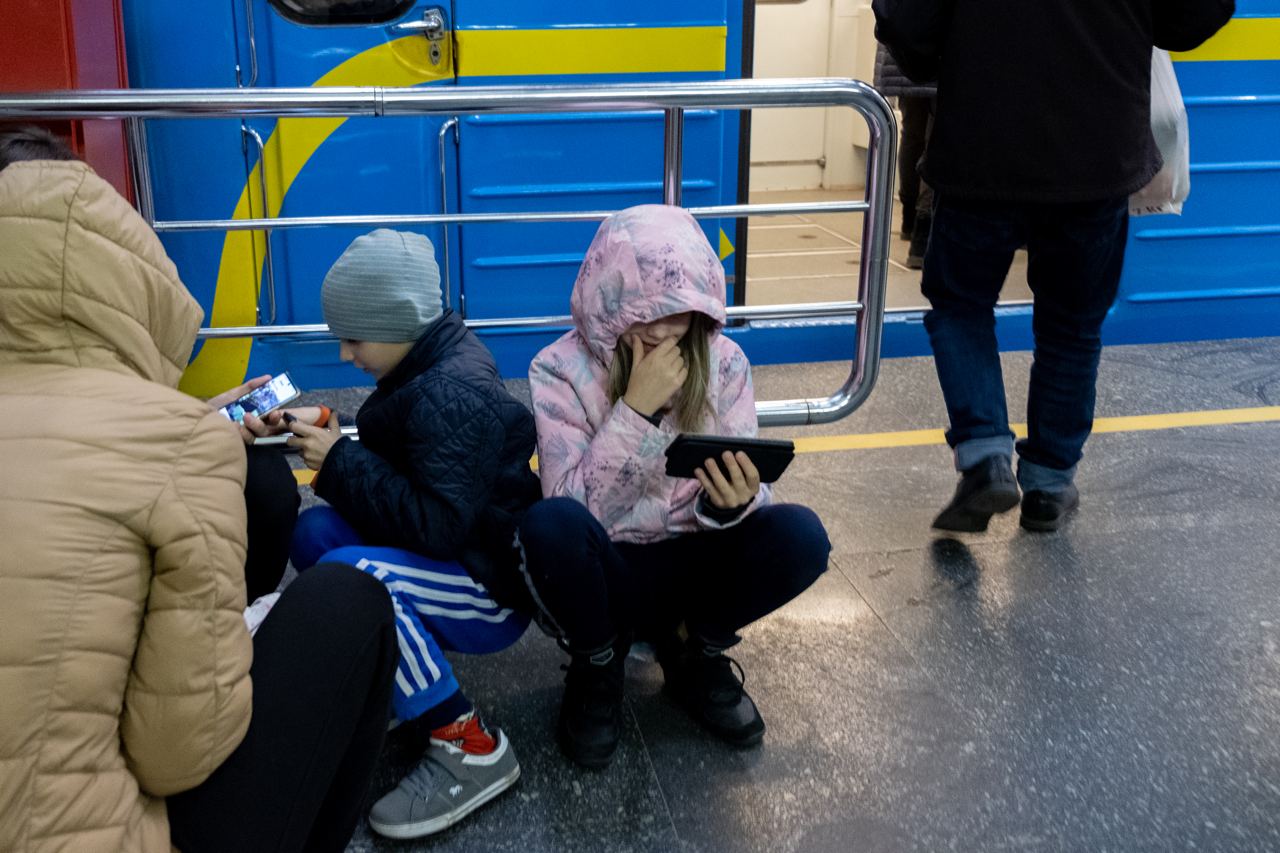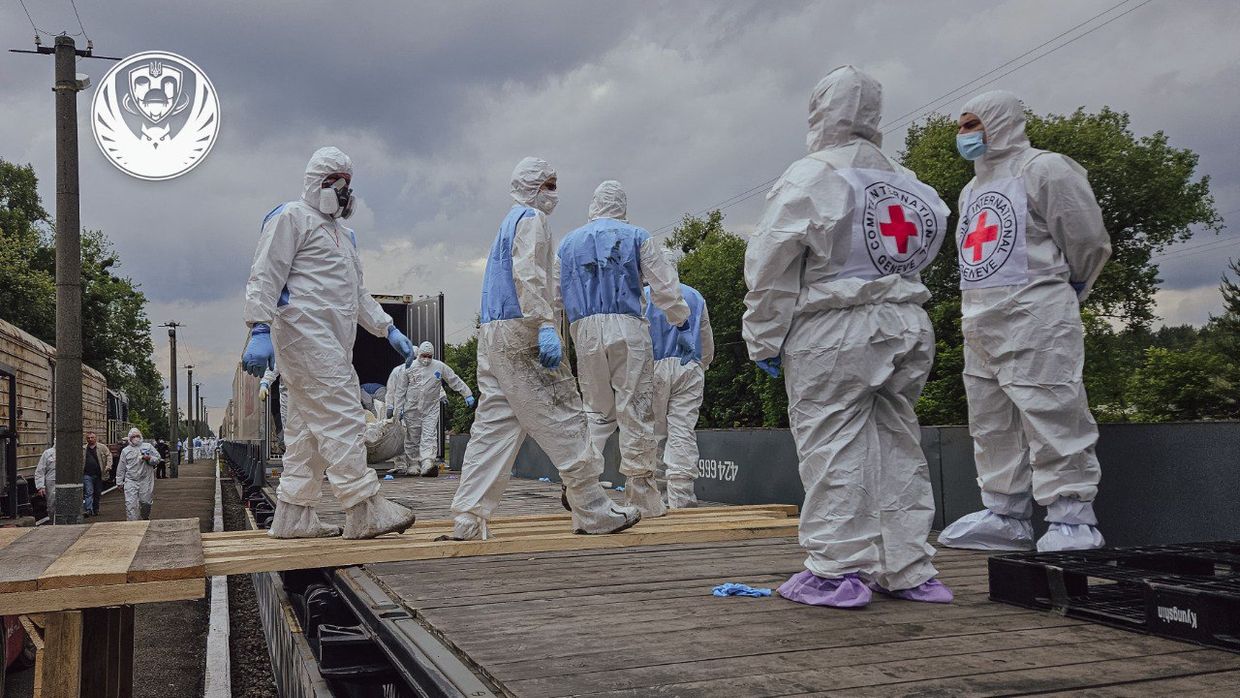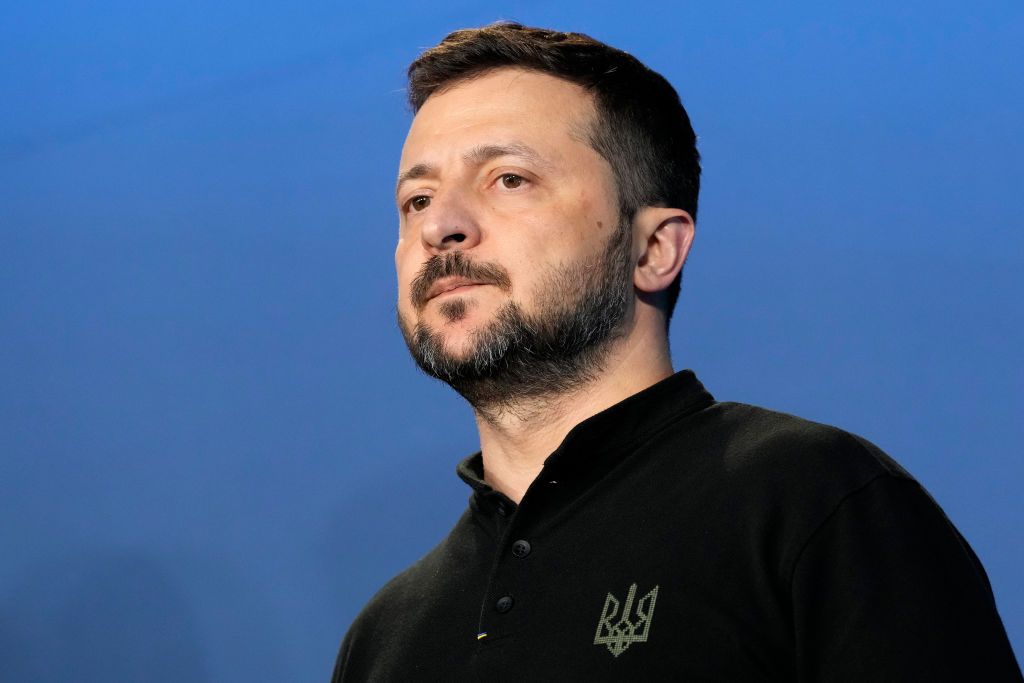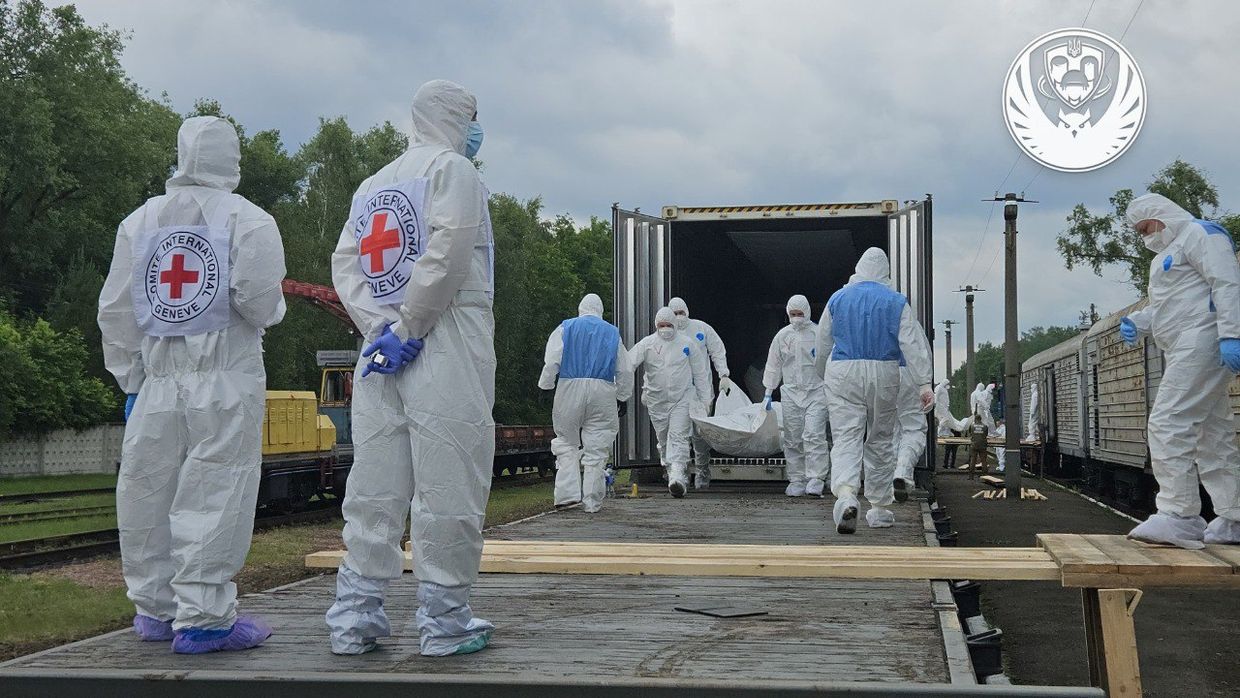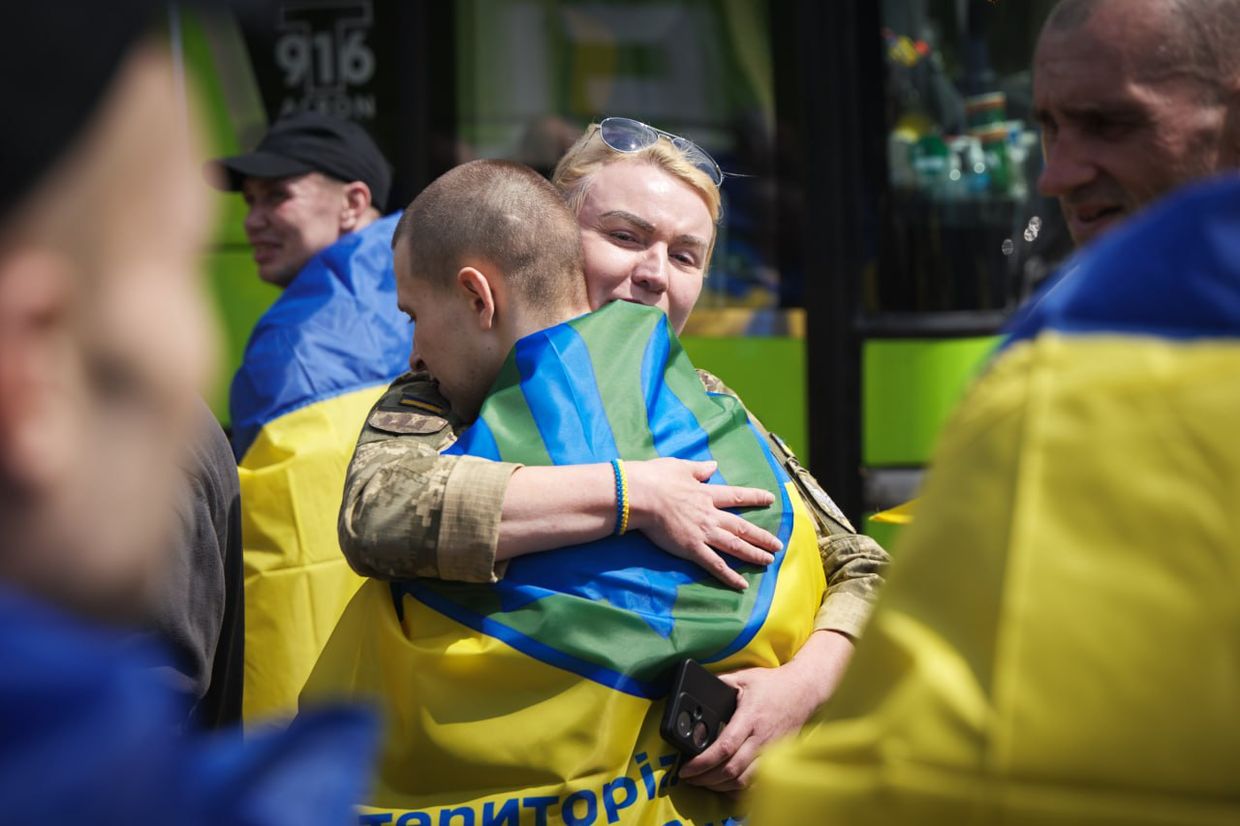NATO state admits it is defenseless against Russian attacks, and cannot respond like Poland
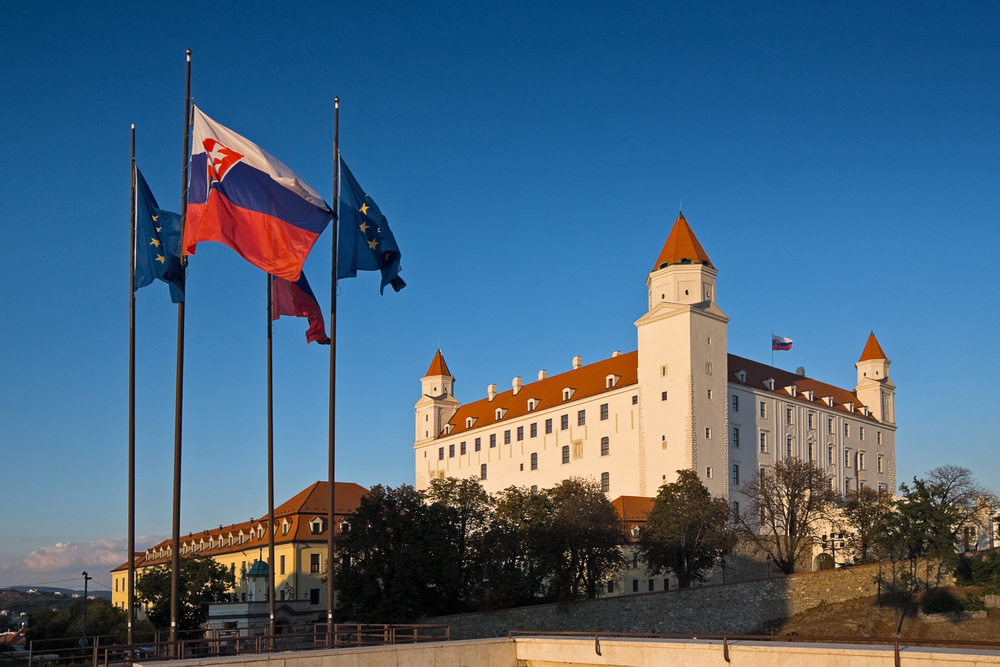
Russia’s attack on Poland, during which drones violated the country’s airspace for several hours, shocked not only Warsaw but also NATO neighbors. Slovak President Peter Pellegrini has openly admitted his country is now “defenseless” against such a threat, Polsat News reports.
Russia launched 415 drones of various types and over 40 cruise and ballistic missiles against Ukraine. One person was killed and over 30 were injured. Ukrainian air defenses destroyed more than 380 drones using mobile fire groups across the country. At the same time, 19 drones crossed into Poland.
Warning from Tokyo
Pellegrini made the statement during his visit to Japan. He stressed that Slovakia lags far behind in building a modern air defense system, leaving the country vulnerable, Teraz reports.
“We are defenseless today. If a similar situation happened in Slovakia, people would only have to hope that drones don’t fall on residential houses,” he said.
The president acknowledged that Slovakia lacks effective response capabilities. Even a technical malfunction or course deviation could cause drones or missiles to crash on Slovak territory.
“We cannot immediately react in case of a violation of our airspace, as it happened in Poland,” he added.
A warning finger for all allies
The head of state called the incident in Poland “an important warning and a raised finger” for all NATO countries. He argued that Slovakia must urgently build its air defense system and integrate it into Europe’s security architecture.
Slovak government reaction
Foreign Minister Juraj Blanár described the Russian drone intrusion into Poland as an escalation of the conflict. He confirmed solidarity with Warsaw and backed its decision to initiate NATO consultations under Article 4.
At the same time, Blanár called for diplomacy, expressing hope that peace talks launched by US President Donald Trump could bring an end to Russia’s war against Ukraine.
“I want to believe that the drones that entered Poland were not meant to attack it, but were only supposed to land in Ukraine,” he said.
Interior Minister Matúš Šutaj Eštok reacted more cautiously, recalling that in the past, a similar case with a “Russian missile” in Poland turned out to be a Ukrainian mistake.
For at least a year, Slovak Prime Minister Robert Fico has repeatedly claimed that Slovakia would provide neither financial nor military support to Ukraine in its war with Russia. Additionally, Foreign Minister Juraj Blanár expressed the view that the West should forgive Russia for the killing of more than 13,000 civilians, not including Mariupol, where the number of victims could be as high as 100,000.
Massive attack on Ukraine
The Polish incident was part of Russia’s large-scale strike on the night of 10–11 September. Moscow launched 415 drones and more than 40 cruise and ballistic missiles at Ukraine. Most of the drones were downed by air defense, but one person was killed.
In Poland, the attack lasted for six hours. Prime Minister Donald Tusk reported that 19 drones were used, some launched from Belarus. Polish forces managed to shoot down only three to four drones, while the rest crashed on Polish soil.
NATO’s response
Polish government Spokesperson Adam Szłapka has confirmed that NATO had activated Article 4. Consultations among allies have already taken place.
While Article 4 does not mandate an automatic military response like Article 5, it allows member states to consider additional security measures, including troop deployments and reinforcement of air defense systems.
For Russia, this incident was a way to test NATO’s resolve. For Poland’s neighbors, it was a painful reminder that the war against Ukraine directly threatens their own security.
Past events
Earlier, a poll revealed that 14% of Slovaks surveyed openly want to join Russia, and another 18% consider this possibility.
The idea is most supported by students and the unemployed, which, according to experts, rather reflects economic instability and disappointment with the country’s Western course than genuine loyalty to the Kremlin.
